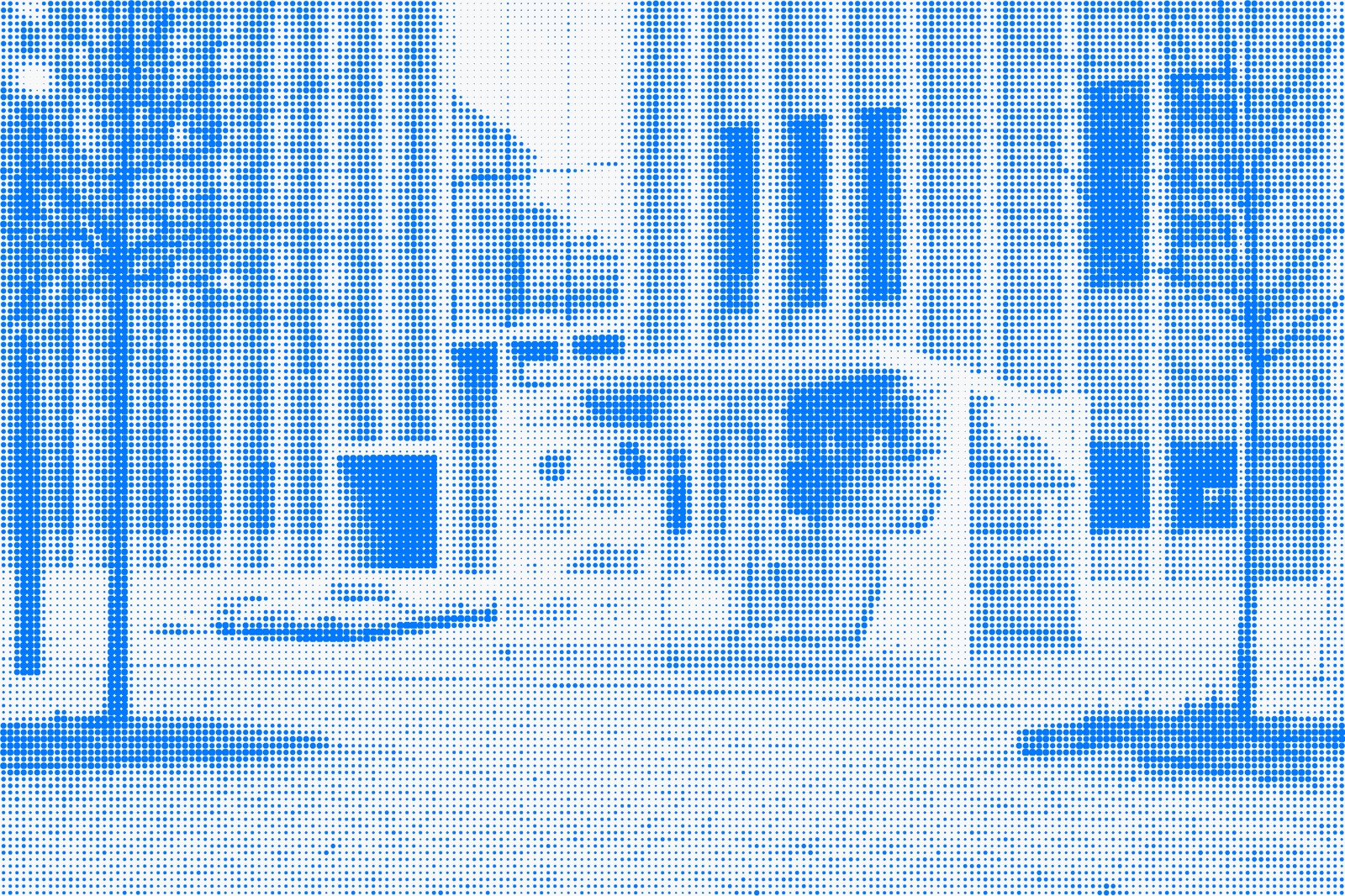
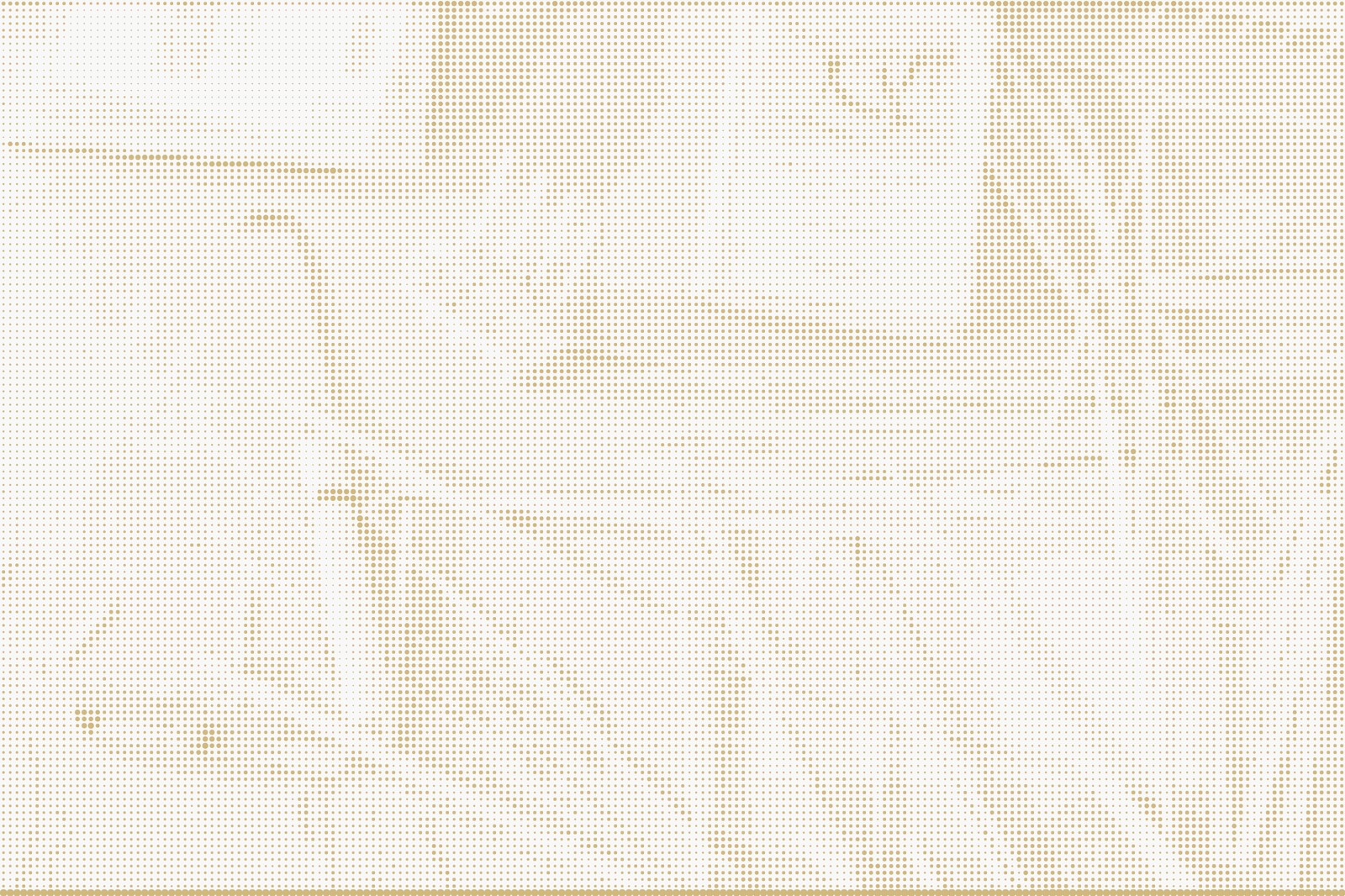
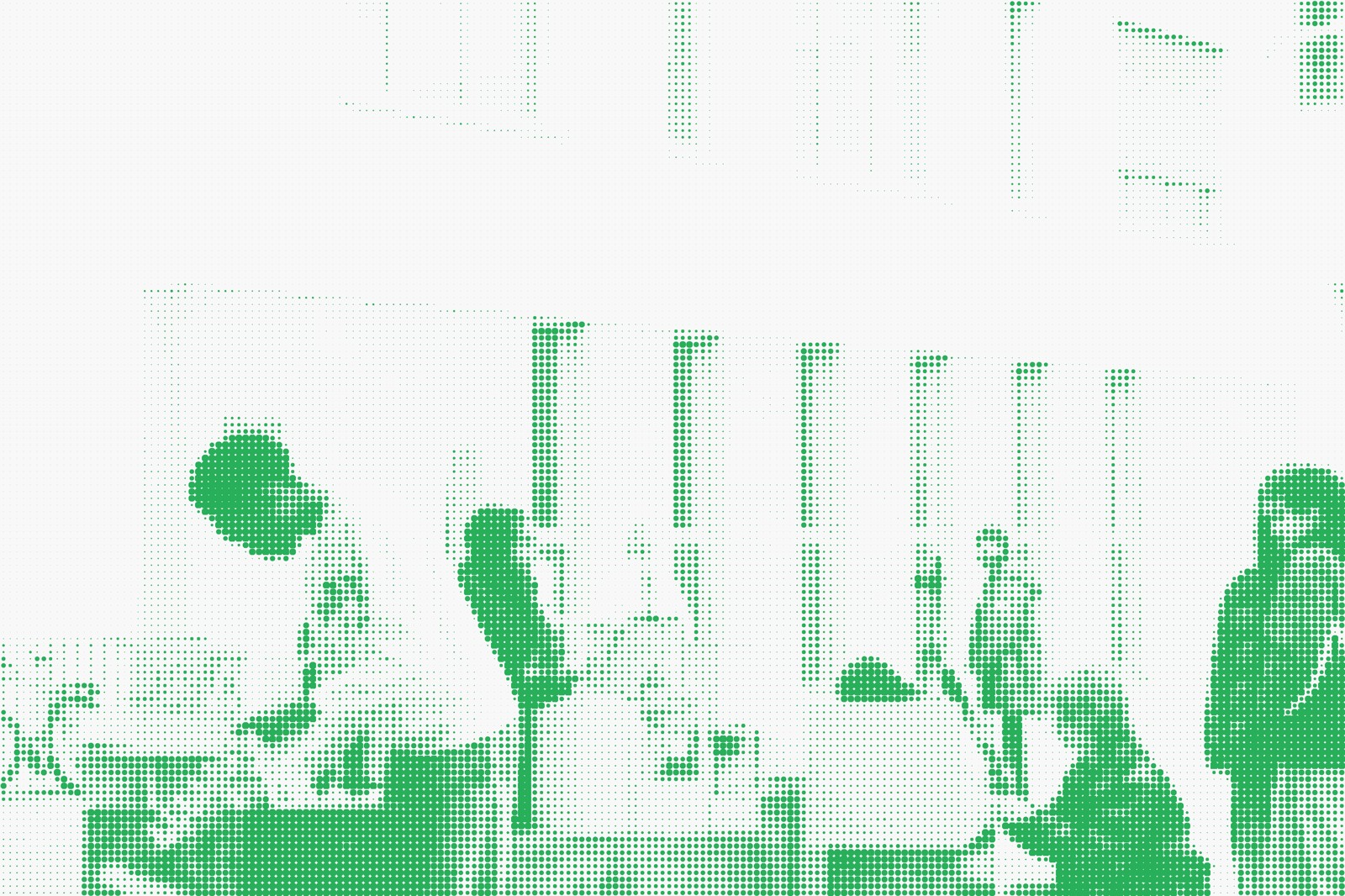
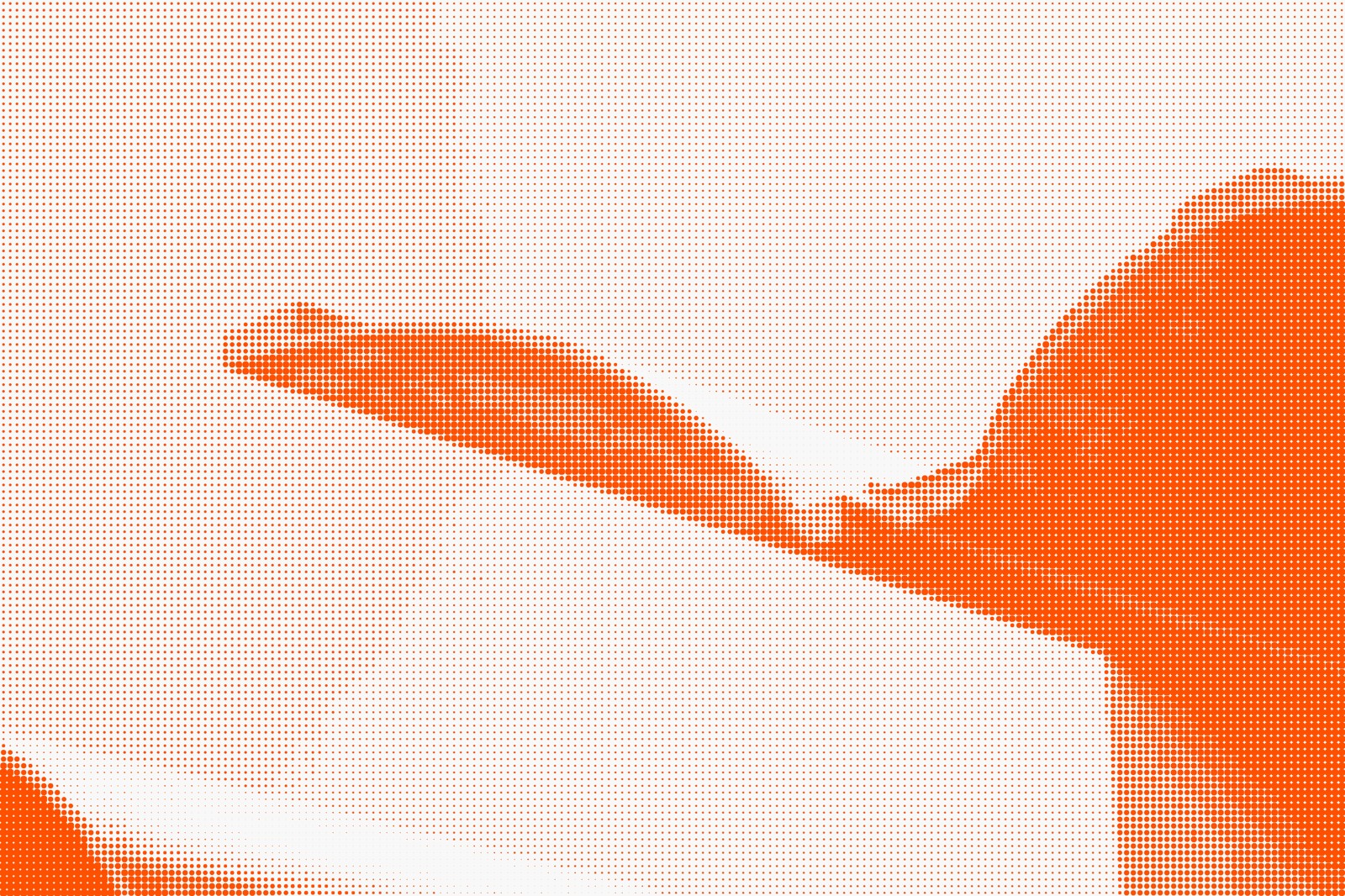
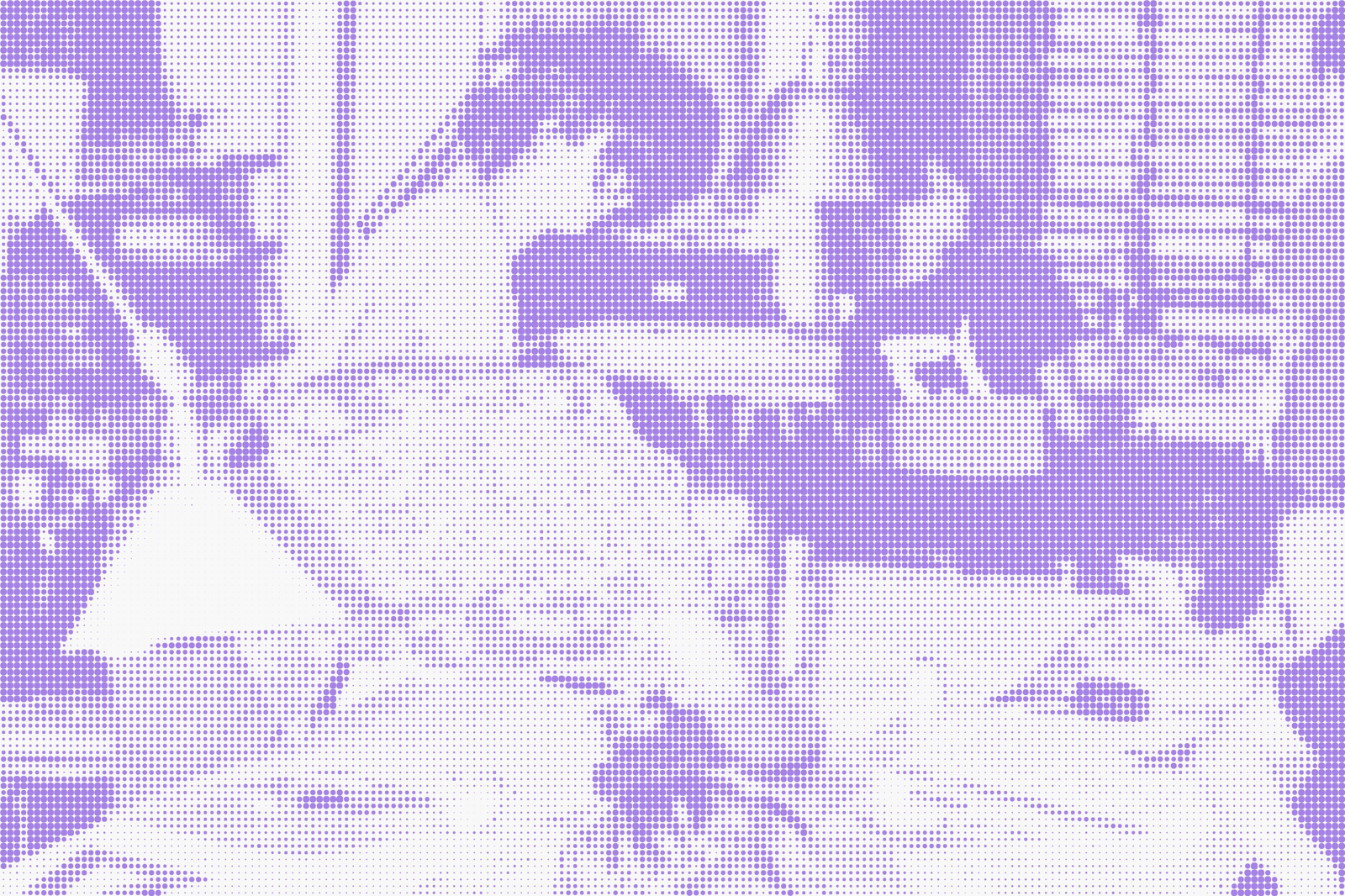
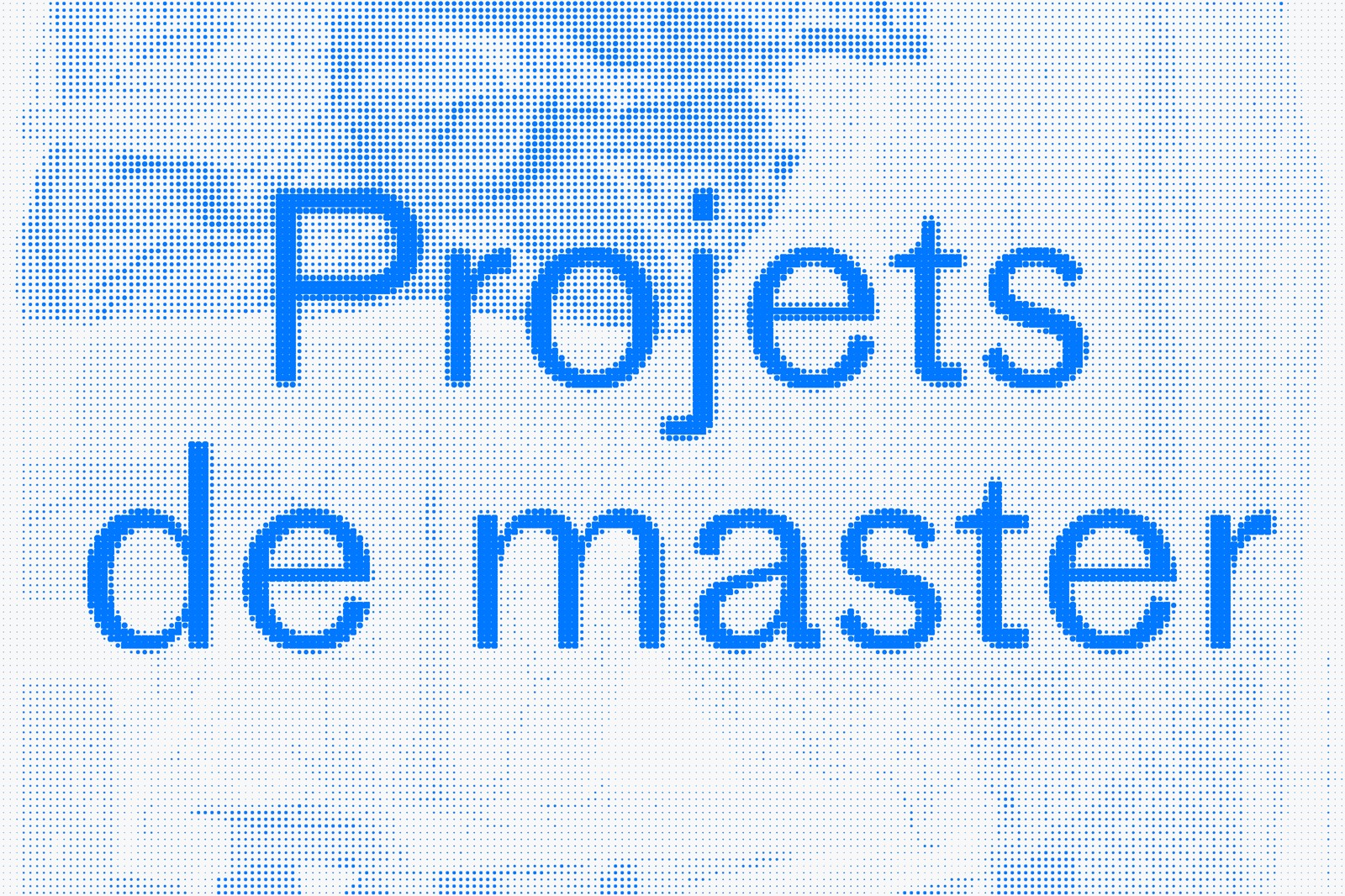
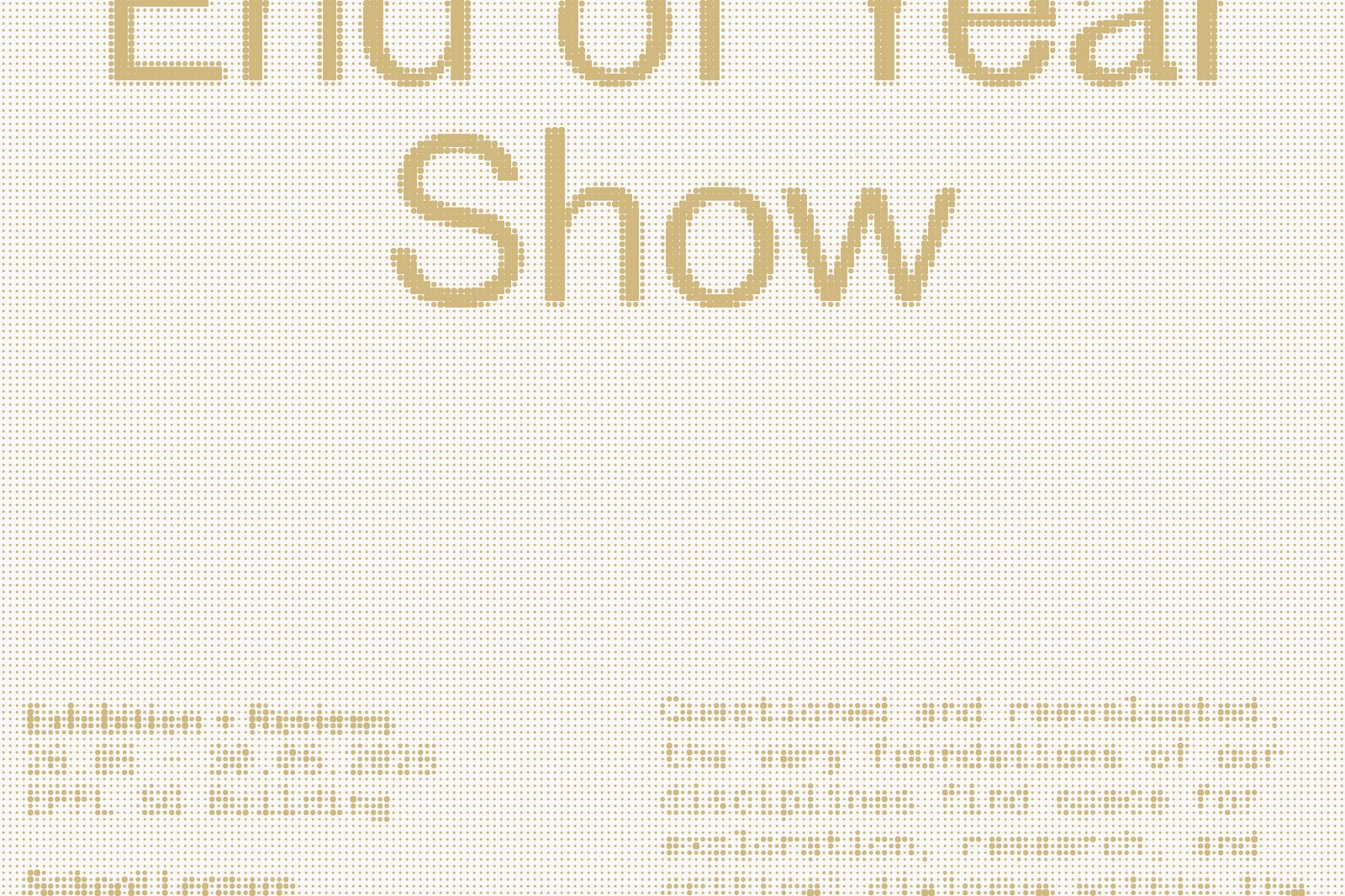
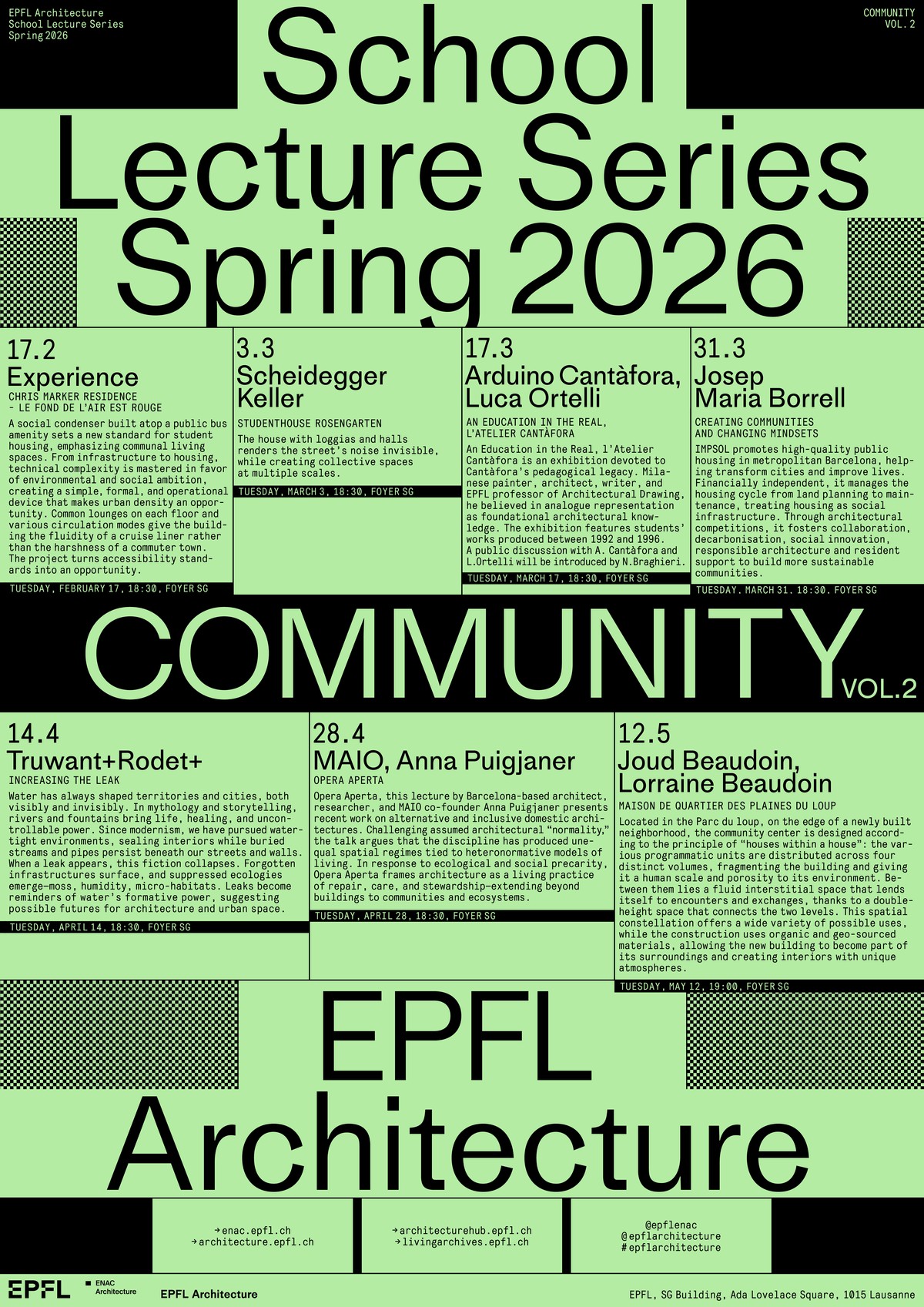
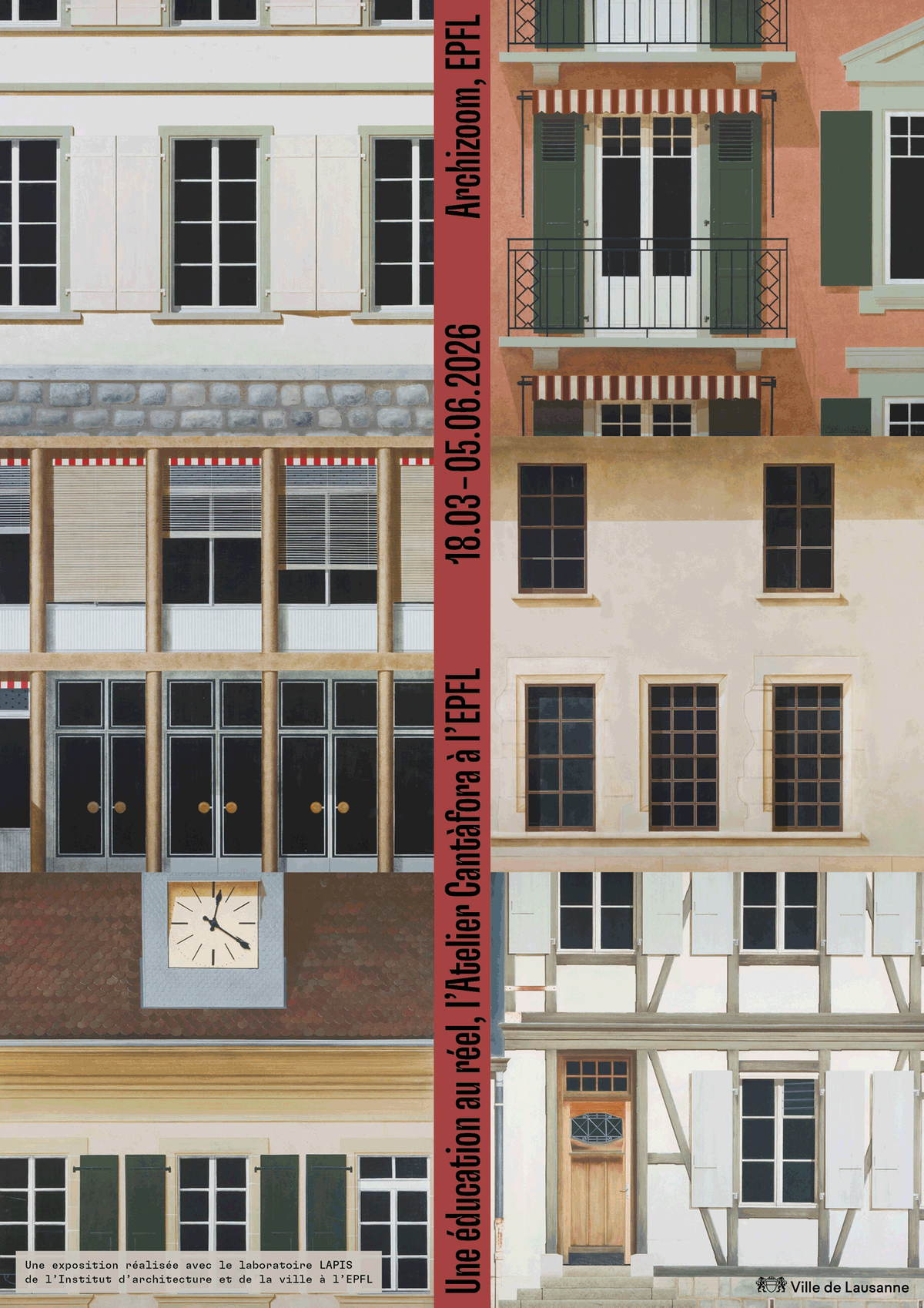
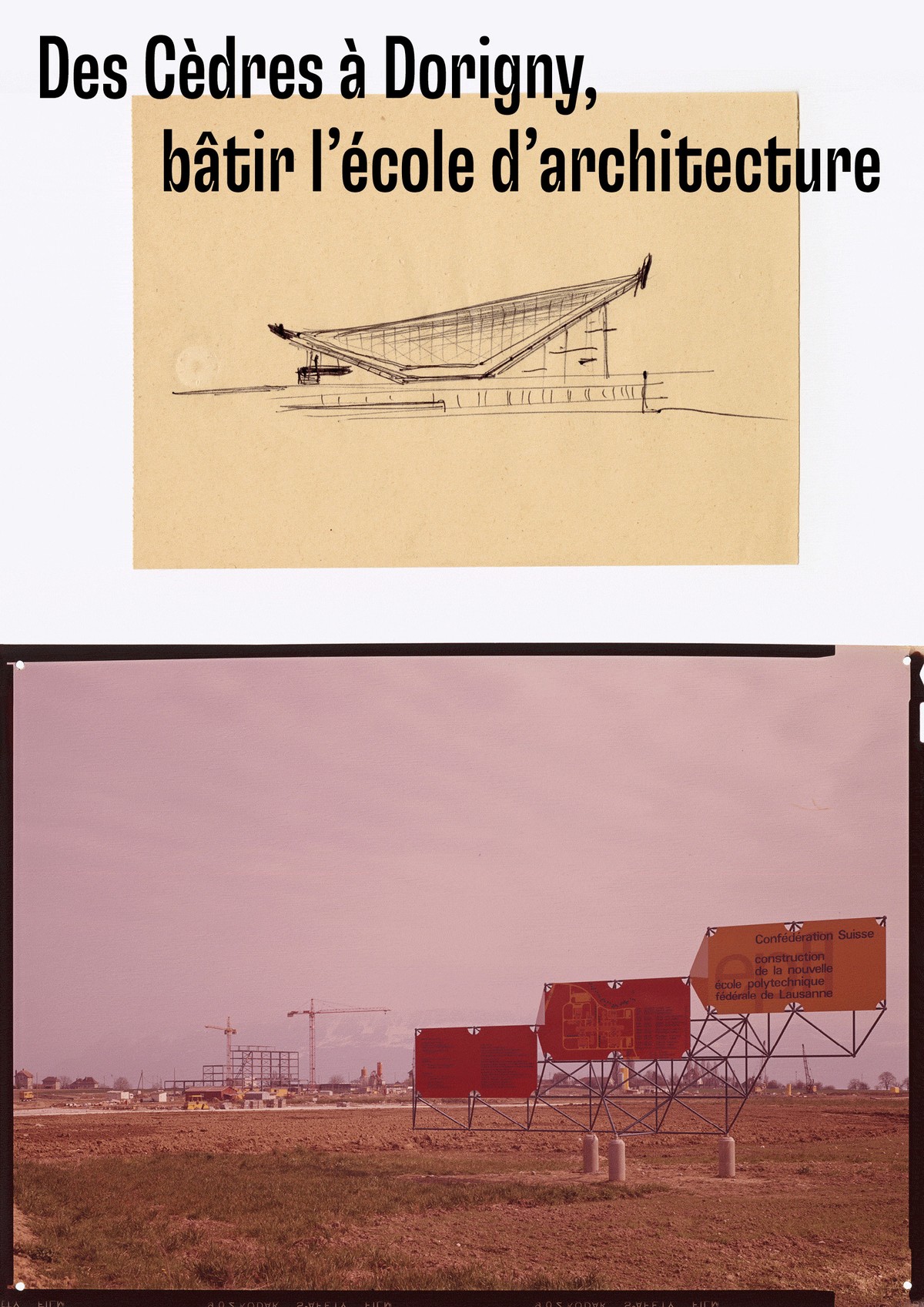
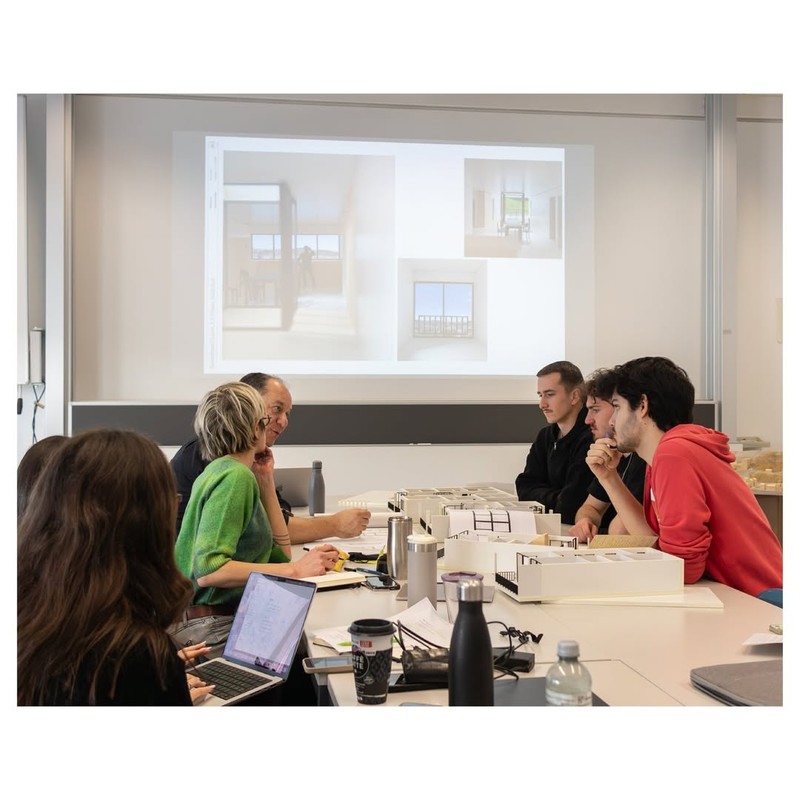
Séminaire Typologie de l’atelier RELIEFS URBAINS
Cette semaine, le séminaire Typologie se déroule dans l'atelier du Prof. Emmanuel Rey au Laboratoire d'architecture et technologies durables (LAST). Chaque étudiante et étudiant explore une typologie de logement adaptée à son projet, affinant l’organisation et la spatialité des bâtiments afin de concevoir un cadre de vie en harmonie avec les atouts du site.
@last_epfl @epflenac @epflarchitecture
_epfl
review
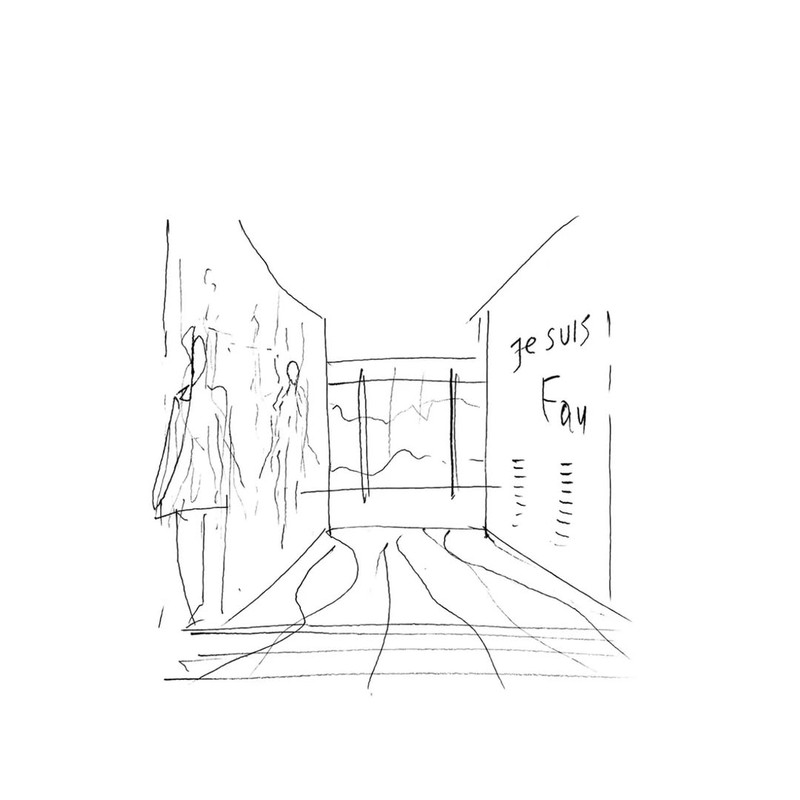
Congratulations to , Professor and Head of the Laboratory of Urbanism (LAB-U) at EPFL, on her nomination as curator of the for the 20th International Architecture Exhibition at . Appointed by the following a two-stage selection process, she will lead the project together with and the team behind “Switzerland as Europe’s water tower.” This important exhibition will explore water not only as a resource, but as a subject, a legal entity, and a powerful force shaping the spaces we inhabit.
Her nomination follows our community’s strong presence at the 19th International Architecture Exhibition, curated by our EPFL colleagues and teacher and , alongside Kathrin Füglister, Axelle Stiefel, and Myriam Uzor. presented “Endgültige Form wird von der Architektin am Bau bestimmt,” revisiting Swiss architect ’s 1958 SAFFA Kunsthalle through a spatial and sonic installation that questioned the historical absence of women architects in the Giardini, connecting past and present through an inclusive, resonant architecture.
Credits
Image 1-2: StudioPaolaViganò
Image 3: gta Archiv / ETH Zürich (Lisbeth Sachs)
Image 4-5-6: Keystone-SDA/Gaëtan Bally
@epflarchitecture @epflenac @epflcampus
@prohelvetia @prohelvetia_venice
@lab_u_epfl @studiopaolavigano
@annexe.biennale @assemble_studio_epfl @assembleofficial @elleentreterreetmer
2027 2027 2027 2025
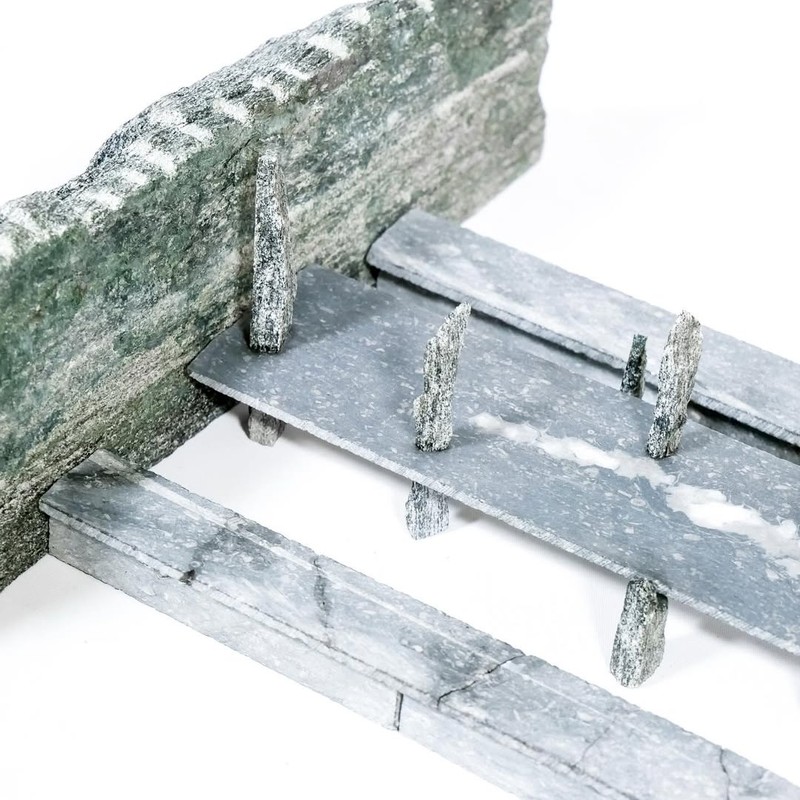
25EPFL TERRITORIAL ACUPUNCTURE
Fall semester at @epfl_architecture, rethinking the potential of public spaces as places of encounter in Aurigeno, Valle Maggia, Ticino, 2025.
Close-up model pictures from the third semester phase INTERVENTION: re-imagining the public spaces of Aurigeno through a territorial strategy and reflected accurate in punctual interventions.
Student works by Diane Gasser, Éloïse Fortin, Eléonore Robin, Emile Cornebois, Helori Saout, Ivan Serrano Herrero, Kari Chen, Louis Baldyr-Moulinier, Louis Fillistorf, Luisa Heining, Luisa Luther, Marwan Abansir, Mohamad Ali El Mawla, Nathan Wanner, Nora Guigues, Ostap Pshyk, Paul Delort Laval, Thomas Brütsch, Victor Stasik, Zoé Aymon.
Studio of Visiting Professors Rina Rolli and Tiziano Schürch.
Assistant Blerta Axhija @blerta_axhija
Pictures by @victor__stasik
ofreia
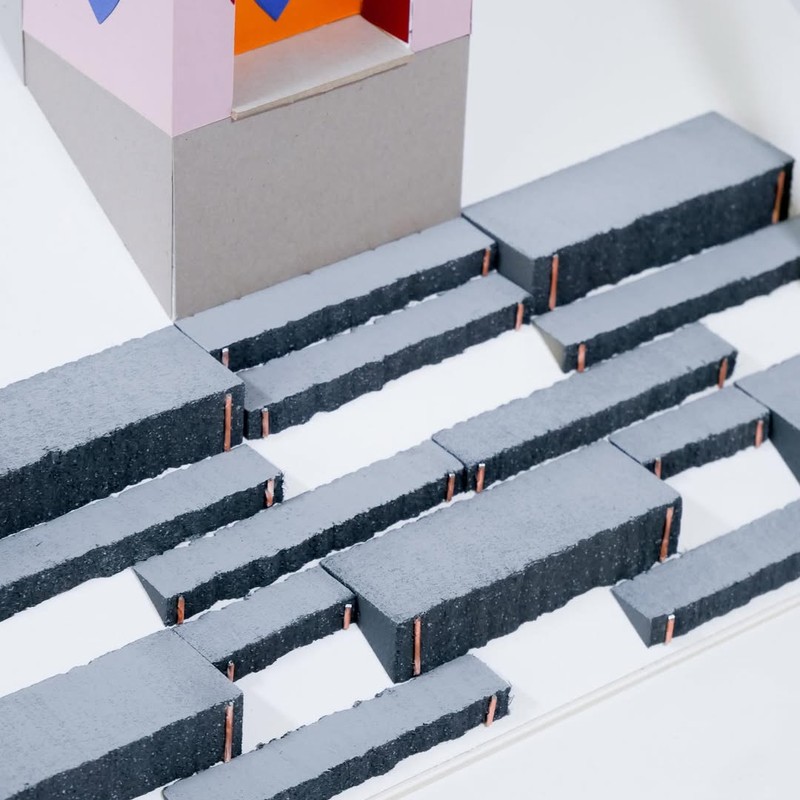
25EPFL TERRITORIAL ACUPUNCTURE
Fall semester at @epfl_architecture, rethinking the potential of public spaces as places of encounter in Aurigeno, Valle Maggia, Ticino, 2025.
Close-up model pictures from the third semester phase INTERVENTION: re-imagining the public spaces of Aurigeno through a territorial strategy and reflected accurate in punctual interventions.
Student works by Diane Gasser, Éloïse Fortin, Eléonore Robin, Emile Cornebois, Helori Saout, Ivan Serrano Herrero, Kari Chen, Louis Baldyr-Moulinier, Louis Fillistorf, Luisa Heining, Luisa Luther, Marwan Abansir, Mohamad Ali El Mawla, Nathan Wanner, Nora Guigues, Ostap Pshyk, Paul Delort Laval, Thomas Brütsch, Victor Stasik, Zoé Aymon.
Studio of Visiting Professors Rina Rolli and Tiziano Schürch.
Assistant Blerta Axhija @blerta_axhija
Pictures by @victor__stasik
ofreia
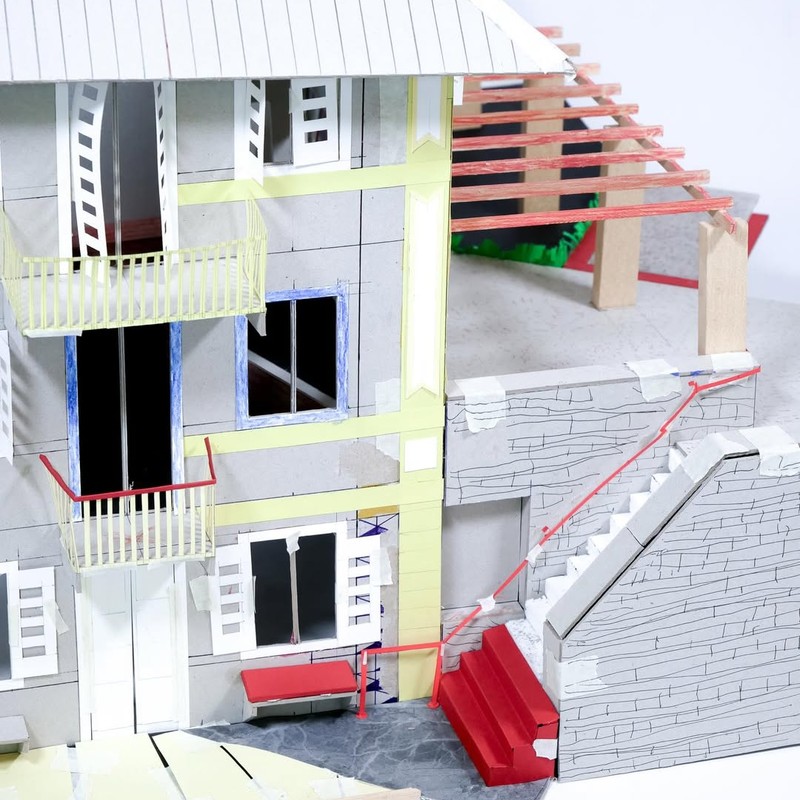
25EPFL TERRITORIAL ACUPUNCTURE
Fall semester at @epfl_architecture, rethinking the potential of public spaces as places of encounter in Aurigeno, Valle Maggia, Ticino, 2025.
Close-up model pictures from the third semester phase INTERVENTION: re-imagining the public spaces of Aurigeno through a territorial strategy and reflected accurate in punctual interventions.
Student works by Diane Gasser, Éloïse Fortin, Eléonore Robin, Emile Cornebois, Helori Saout, Ivan Serrano Herrero, Kari Chen, Louis Baldyr-Moulinier, Louis Fillistorf, Luisa Heining, Luisa Luther, Marwan Abansir, Mohamad Ali El Mawla, Nathan Wanner, Nora Guigues, Ostap Pshyk, Paul Delort Laval, Thomas Brütsch, Victor Stasik, Zoé Aymon.
Studio of Visiting Professors Rina Rolli and Tiziano Schürch.
Assistant Blerta Axhija @blerta_axhija
Pictures by @victor__stasik
ofreia
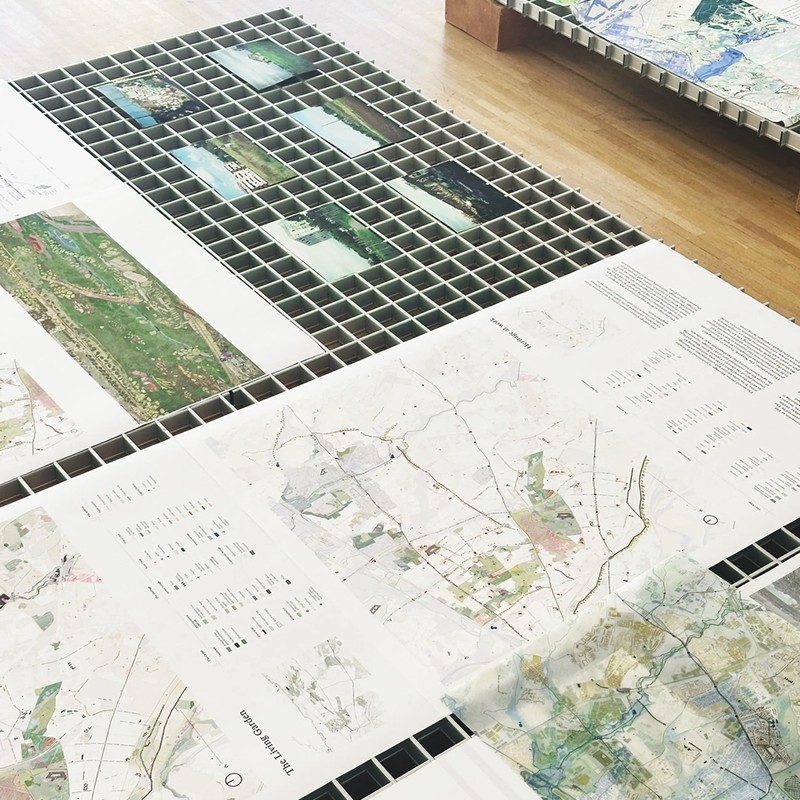
After co-creating and leading the MAS-UTD program for five years together with Prof. , Prof. is retiring from her role. Her vision and dedication have shaped the program into a critical, interdisciplinary platform for rethinking urban territories. We extend our warmest thanks for her extraordinary contribution.
We are thrilled to announce that Prof. , Head of the RIOT laboratory @riot_epfl, will succeed her as co-leader. Previously Assistant Professor at the @harvardgsd, she brings extensive experience in contemporary urbanisation, material extraction, climate emergency, and ecological and social justice, as well as in leading advanced design programs (MAS Urban Design 2014–2019, ETH Zurich). We look forward to the new perspectives she will bring to the MAS-UTD.
The @mas.utd.ethz.epfl is accepting applications for the 2026–2027 academic year. The joint MAS programme bridges ETH Zurich and EPFL and is part of the @architecture.of.territory at @arch.ethz and the @habitat_epfl at @epflenac. Participants in this one-year, full-time postgraduate programme receive a 60 ECTS joint degree.
Applications are open Jan 1 - Mar 31, 2026–2027
More info: www.mas-utd.arch.ethz.ch
Contact: info-masutd@ethz.ch
Credits
Image 1: MAS UTD ETHZ EPFL
Image 2: ETH Architecture of Territory and Goda Budvytytė, 2025
Image 3: MAS UTD ETHZ EPFL
Image 4: Caroline Palla
Images 5: ETH Architecture of Territory and Goda Budvytytė, 2025
Image 6: Nancy Couling, AOT
Images 7-8: Jan Westerheide, AOT
Images 9-10: Loan Laurent, EPFL
@mas.utd.ethz.epfl @habitat_epfl @lab_u_epfl @riot_epfl @architecture.of.territory
@epflarchitecture @epflenac @arch.ethz @ethzurich @charlottemalterrebarthes
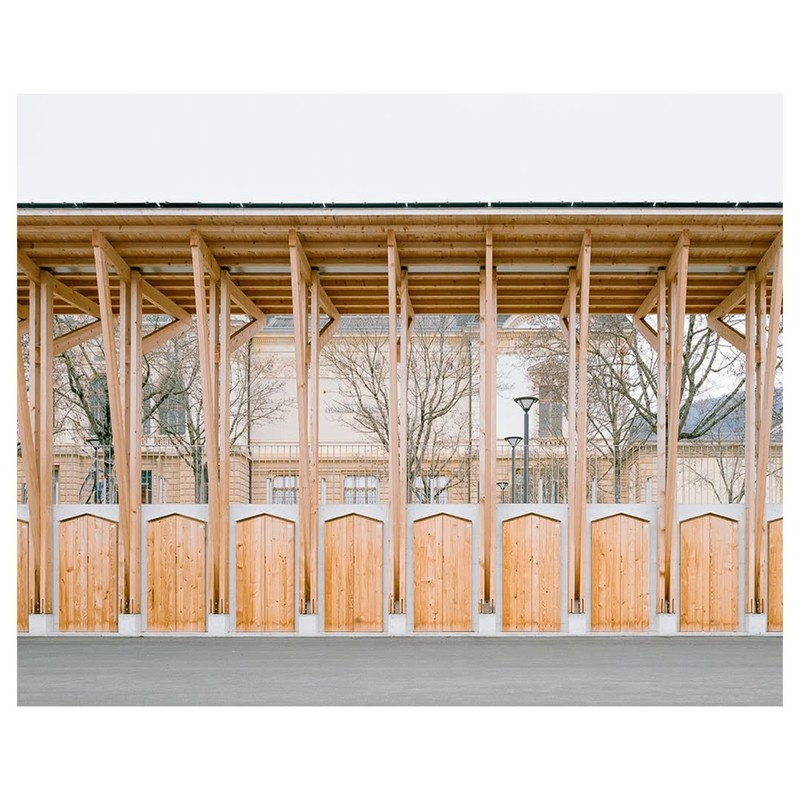
Conférence « Constructions »
Jean-Claude Frund, associé du bureau frundgallina architectes à Neuchâtel, était l’invité de l’atelier du Prof. Emmanuel Rey du Laboratoire d’architecture et technologies durables (LAST) pour parler de son travail d’architecte à travers une sélection de projets. Intitulée « Constructions », sa conférence a permis aux étudiantes et étudiants de découvrir une variété de projets se confrontant à divers contextes et échelles.
@last_epfl @frundgallina
@epflarchitecture @epflenac
_epfl
👉 https://actu.epfl.ch/news/conference-constructions/
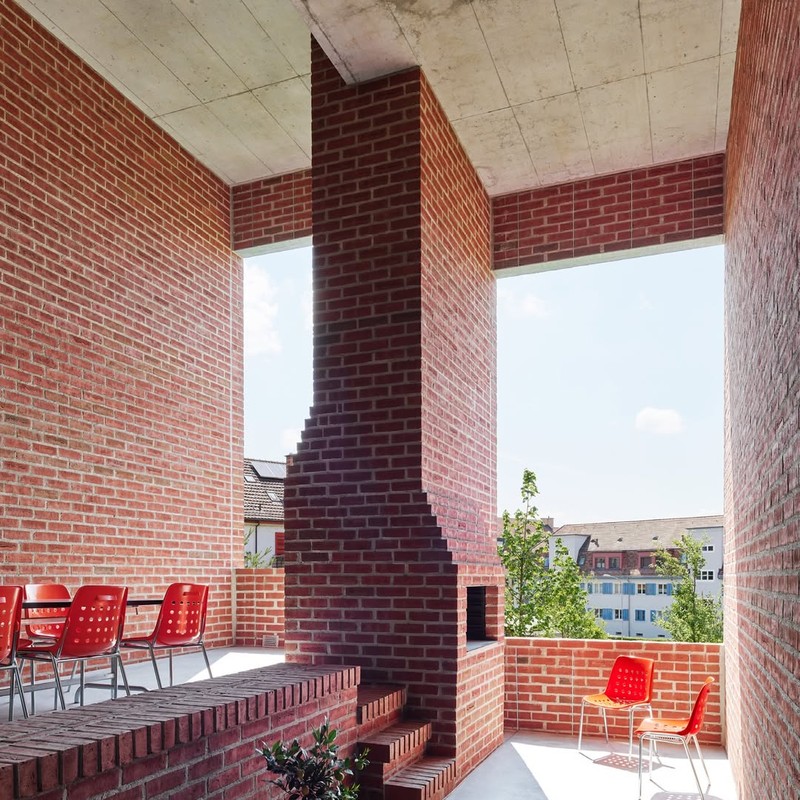
SCHOOL LECTURE 2/7
Tuesday, March 3, Foyer SG, 6:30 pm
COMMUNITY VOL.2
Seven exemplary projects and case studies
SCHEIDEGGER KELLER
Studenthouse Rosengarten
The house with loggias and halls renders the street’s noise invisible, whilecreating collective spaces at multiple scales.
Christian Scheidegger and Jürg Keller both studied architecture at ETH Zurich (ETHZ) and gained early professional experience in leading Swiss architecture offices, including Christian Kerez. Scheidegger led the «Leutschenbach Schoolhouse» project (2004–2009), while Keller led «House with One Wall» (2004–2006) and the «Residential Complex Grünwald (Ringling)» (2006–2009) before opening his own office in 2010. Alongside their practice, both have taught architecture and design at ETHZ and EPFL, led workshops at the Porto Academy, and served as external experts at the Cooper Union in New York.
Atelier Scheidegger Keller was founded in 2009. The built work includes «House with two Columns» in Wilen (2009 2014), «House on a Slope 1» in Gordola (2011–2017), «Houses with Chambers and Paths» in Bern (2011–2018), «Studenthouse Rosengarten» (2014–2020), «House with a Dozen Views» (2018–2025) and «Quirky House» (2018–2024) in Zurich. In 2015 the Bauwelt Award and in 2017 the Concrete Award (Architekturpreis Beton 17), both for «House with Two Columns»; in 2021 the Award for Good Buildings of the City of Zurich (Auszeichnung für gute Bauten der Stadt Zürich) for «Studenthouse Rosengarten»; and in 2021 the Atuprix – Bernese Building Culture Award (Auszeichnung Berner Baukultur) for «Houses with Chambers and Paths», among others. Atelier Scheidegger Keller’s work was published in the monograph «ATELIER SCHEIDEGGER KELLER – WORKBOOK» in 2023.
Recordings available on YouTube
@epflarchitectureschool
Credits
Project image (1) by Georg Aerni and (3-4) by Gauch Schwartz
Portrait image by Max-Creasy
School Lecture Series
@epflarchitecture
@scheideggerkeller
Graphic design
@romankarrer @timetravel3000
@epflenac @epflcampus @epflstudents @archizoom
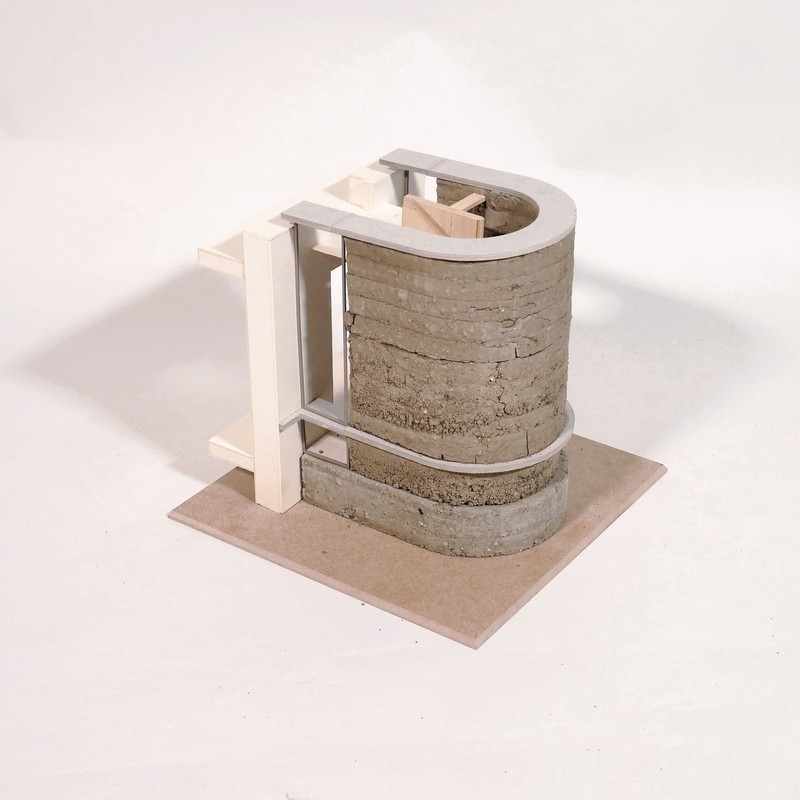
EPFL
STUDIO
Interroger la notion de ressource pour bien appréhender la réalité constructive du projet dans les cycles du bâtiment.
De la matière aux dispositifs structurels, comprendre comment un édifice est élaboré dans sa relation à son environnement premier. Approcher la question des matériaux hybrides et de la difficulté à les réemployer pour des usages à imaginer à chaque fois. Inventer des matériaux et des démarches foncièrement durables pour un bâtiment déjà construit. Cartographier un territoire par ses ressources et venir s’y déployer : analyser pour réhabiliter, reconstruire, restaurer, étendre, dupliquer.
Je voudrais faire une note pour chaque groupe de mes étudiants du premier semestre STUDIO EPFL, travaillant sur le PREVENTORIUM DES SCIERNES D'ALBEUVE et qui ont travaillé de façon complexe et approfondie sur un sujet difficile.
PROJET
Repaire de la lenteur
ETUDIANTS
Baptiste Victor Ansselin @bapt_anss / Mattéo Zacharie Arbet-Engels / Maya @mayaKoch / Nora Anaïs Mänz
https://livingarchives.epfl.ch/collections/997dfe61-0f85-4d40-ab31-32f7fd20d4f8/studio-naji-guests-fs25-997df/
Merci à @sophie.delhay.architecte
Merci au Dr. @quentin___prost, venu partager son experience sur les terres alluviales @ter.ter.association avec les étudiants.
Merci à l’ingénieur Olivier Dahenne de la coopérative du bâti @cooperativeorigo (Genève) pour nous avoir mis à disposition les outils et les matières à partager. Merci à Mattia Petrolani @ellipsearchitecture pour sa douceur et son savoir, sa disponibilité coutumière pour nos étudiants. A ses côtés, Aurélie Husson d@studio.lada , à Claudia Devaux, à Elsa Cauderay qui nous ont accompagné pour cette journée mémorable du jury du 17 décembre 2025.
Enfin nous n’oublions pas de remercier Mme Elena Cogato-Lanza venue éclairer le studio de sa fine connaissance de ces territoires sur la durée.
Merci enfin à @lucapattaroni extraordinaire sociologue.
Et bien sûr un grand merci à tous nos
ETUDIANTS, si investis, et à @colinekieffer, notre adorable assistante scientifique.
@epflarchitecture @epflenac @epflcampus @epflstudents
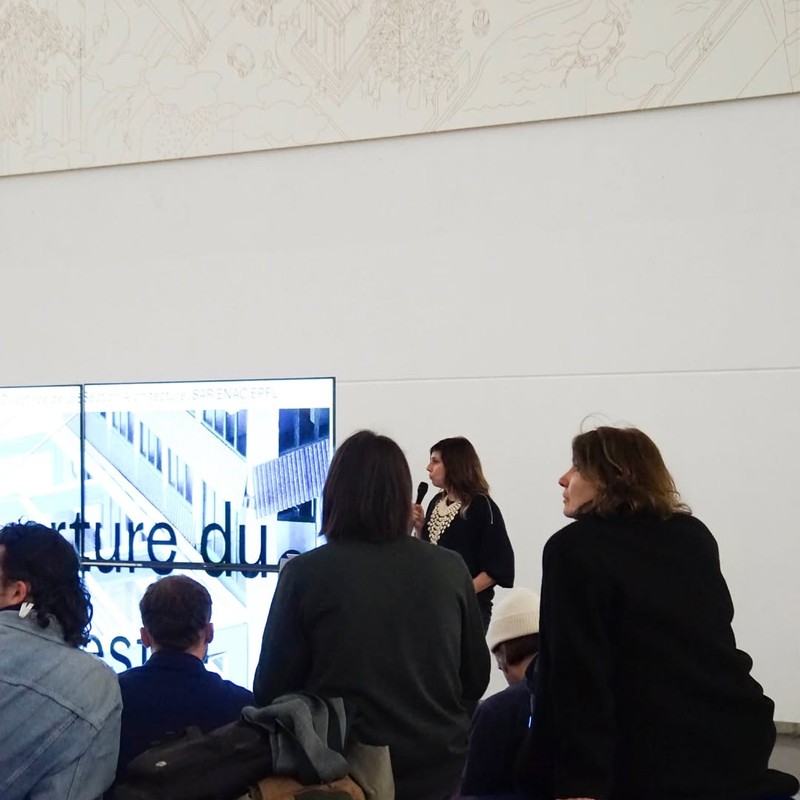
We were delighted to open last Monday the new semester together in the SG Hall, once again transformed into a place of gathering, discussion, and joy. Sophie Delhay gave a warm welcome to launch the semester at EPFL Architecture, framing her speech around four key aspects of the school:
L’école, une communauté,
L’école, un espace partagé,
L’école, un cadre pédagogique,
L’école, un lieu de débat et de culture.
She also introduced the new guest studios and key updates to the architecture curriculum at the EPFL. Three awards were given to students for winning the Ressourcerie Competition, an initiative encouraging model-making using discarded materials found around campus.
A warm welcome to all new teachers, assistants, and students. We’re happy to have you back for the Summer Semester 2026!
Photos: Ben Begon
@epflenac @epflcampus @sophie.delhay.architecte
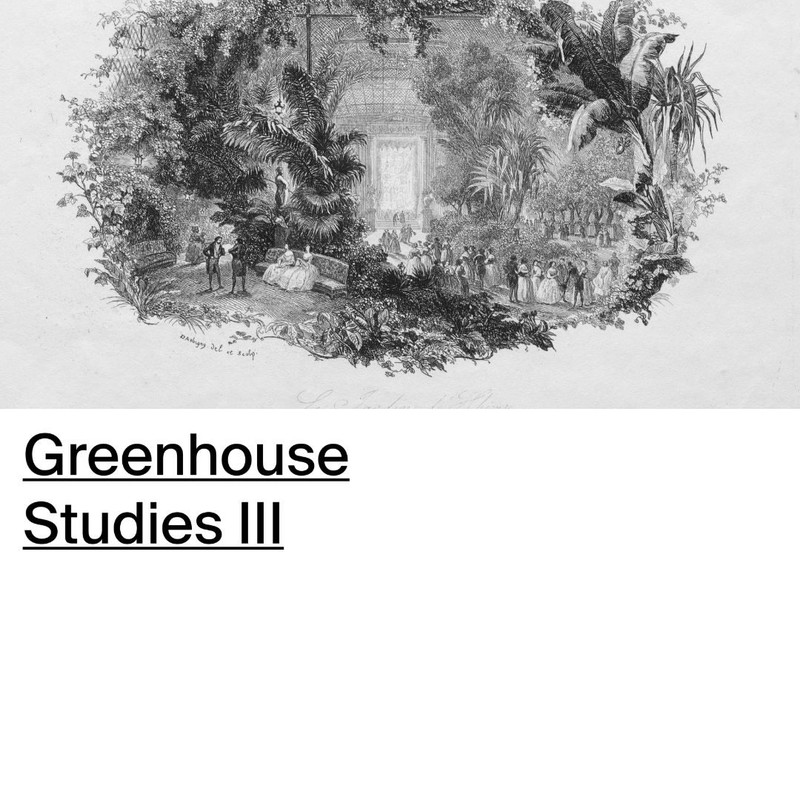
Greenhouse Studies III
Spring Semester 2026
Design Studio BA6 MA2
Teaching team: Tiago P. Borges
@frohlich_martin
@_tiagopborges_
@luciano.antonietti
@epflarchitecture tudie
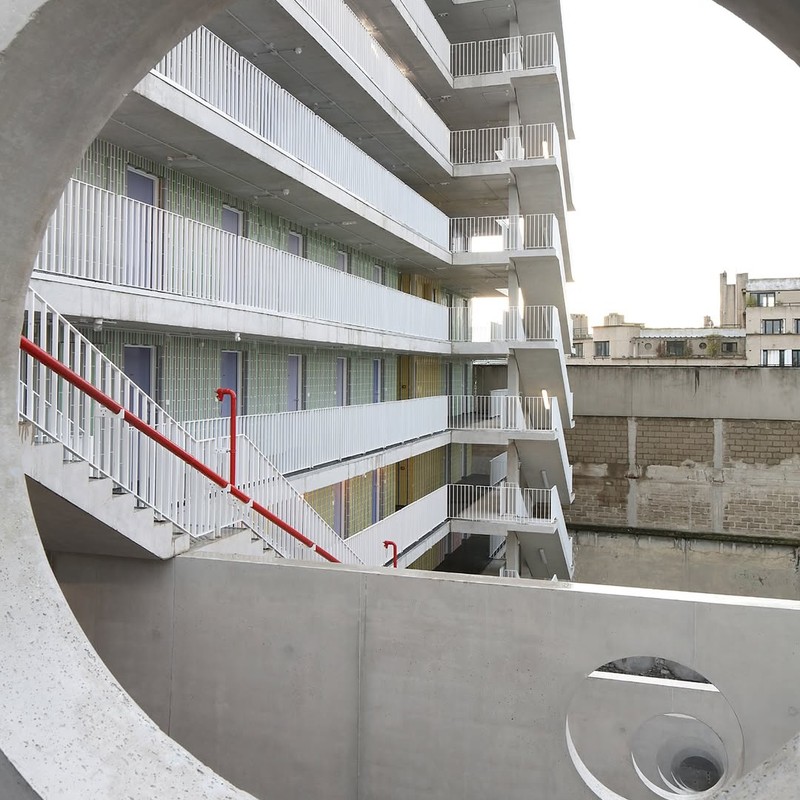
SCHOOL LECTURE 1/7
Tuesday, February 17, 6:30 pm
COMMUNITY VOL.2
Seven exemplary projects and case studies
EXPERIENCE
Chris Marker Residence - Le Fond de l’air est rouge
A social condenser built on top of a public bus amenity sets a new standard for student accommodation, emphasising spaces dedicated to communal living. From infrastructure to housing, technical complexity is mastered to the benefit of an environmental and social ambition. This creates a simple, formal and operational device, which makes urban density an opportunity rather than a promiscuity. Communal lounges on each floor and a variety of circulation modes give the building more the fluidity of a cruise liner than the harshness of a commuter town. The apartment's design turns accessibility standards into opportunity.
Eric Lapierre (1966) is an Architect, teacher, writer, curator and musician based in Paris and Lausanne. He co-founded Experience in Paris with Tristan Chadney and Laurent Esmilaire in 2020. He is an Associate Professor at EPF Lausanne (TEXAS chair) and Professor at ENSA Paris-Est. He teaches theory courses and design studio. He spent several years as a guest critic at Harvard GSD, where he was appointed to the Kenzo Tange chair in 2020. He has taught at the Accademia di Architettura di Mendrisio and at several international schools. In 2019, he was the chief curator of Lisbon Architecture Triennial.
Recordings available on YouTube
@epflarchitectureschool
Credits
Project images by Filip Dujardin
Portrait image by Paola Salerno
School Lecture Series
@epflarchitecture
@experiencearchitectureparis @eye_experience @tristan.chadney @laurent_esmilaire
Graphic design
@romankarrer @timetravel3000
@epflarchitecture @epflenac @epflcampus @epflstudents @archizoom
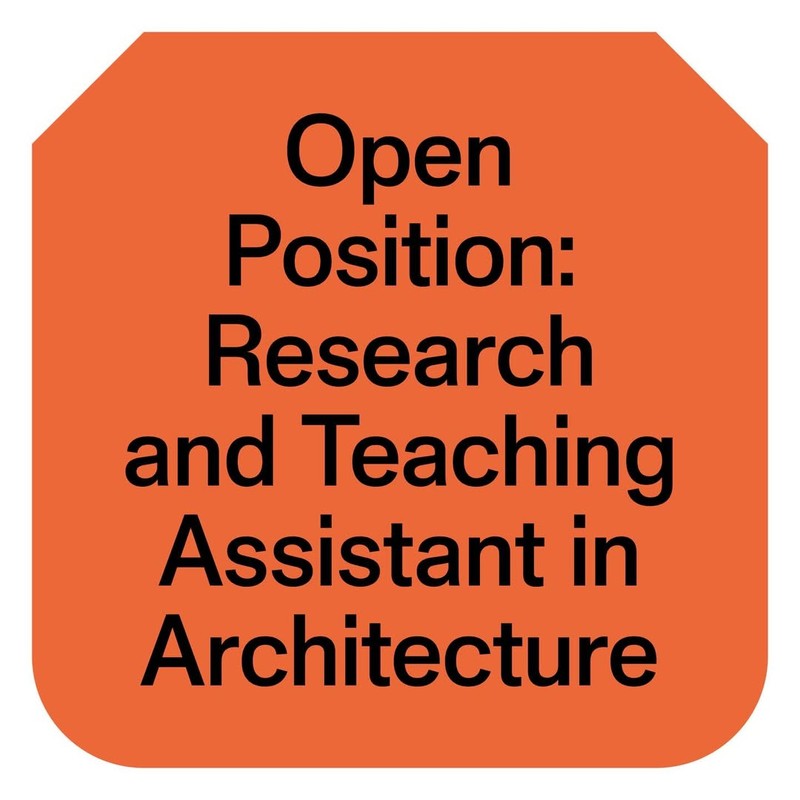
THEMA is hiring! We are looking for a part-time Scientific Assistant (40%) starting April 2026.
At THEMA, we use architectural research to critically investigate building cultures, including infrastructure, urbanization, and architecture’s position within and alongside them.
As scientific assistant you will contribution both to research and teaching at the lab. More information about the position and THEMA’s work at link in bio.
architecture
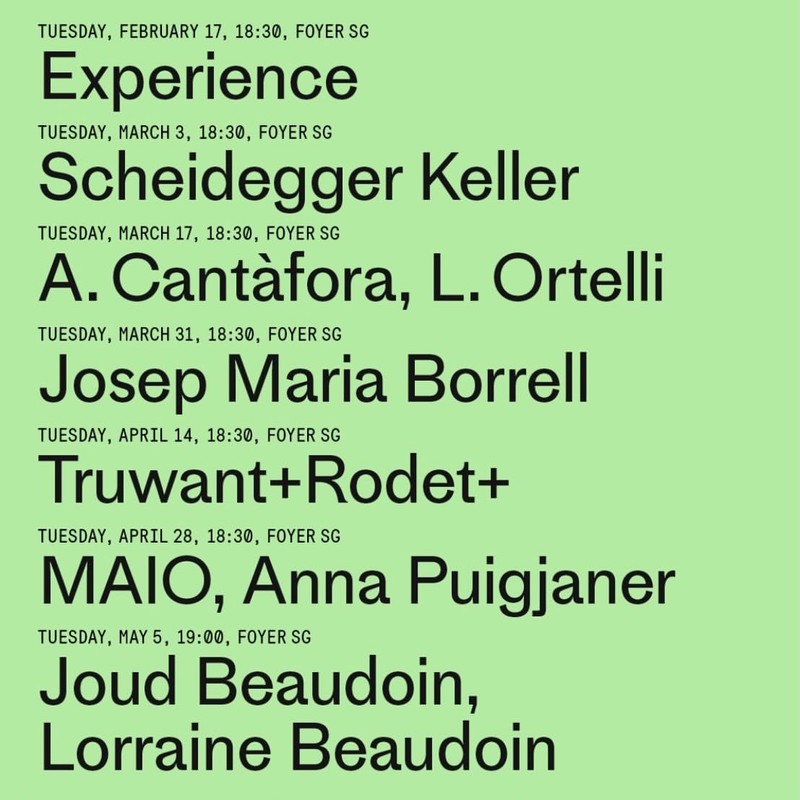
EPFL Architecture - School lecture series, Spring 2026
.
Community vol.2
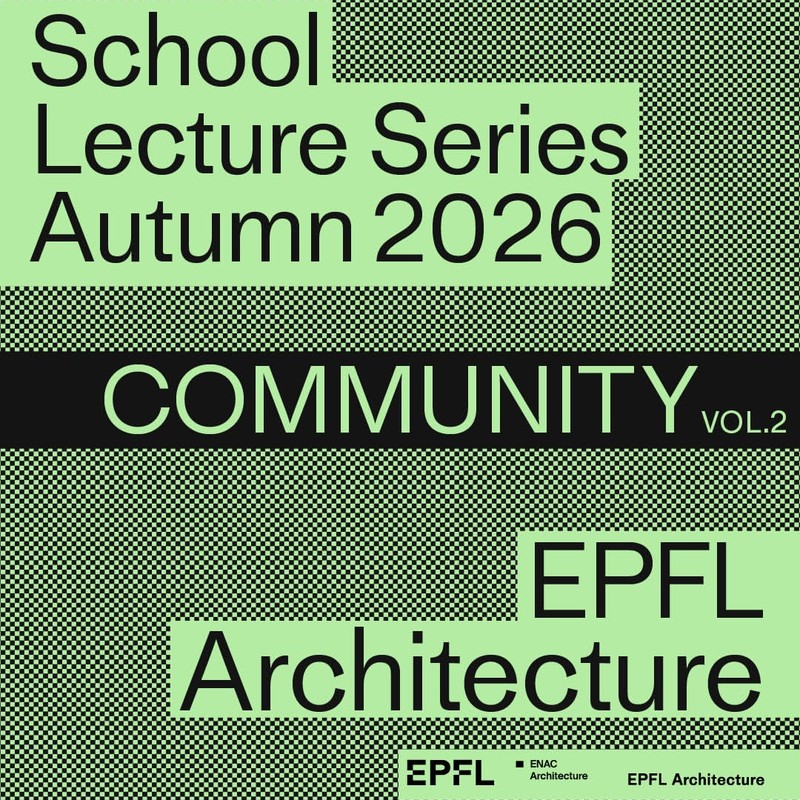
SCHOOL LECTURE SERIES – SPRING 2026 - COMMUNITY VOL.2
This Spring 2026, the fourth edition of the School Lecture Series brings together seven practitioners to discuss the theme of Community through exemplary projects and case studies.
Community is an ambivalent concept. It involves both gathering through shared customs and exclusion. Some claim that inclusive communities do not exist. Recent history shows people more often unite through exclusion than inclusion. However, communities are not sealed. Philosopher Roberto Esposito explains that community 'is not a property or territory to defend but a void, a debt, and a gift to others, reminding us of our otherness.
This lecture series explores the topic of community through architecture. How does architecture explore, define, or enable communities? Can architects collaborate directly with communities, bypassing institutional entities? How can design convey a collective experience? Seven emerging and established architectural figures respond to these questions through their work, which spans film, exhibitions, and communitarian buildings.
* PROGRAME *
Tuesdays, 18:30, Foyer, SG Building, EPFL, Lausanne
17.2
EXPERIENCE @experiencearchitectureparis
Chris Marker Residence - Le Fond de l’air est rouge
3.3
SCHEIDEGGER KELLER @scheideggerkeller
Studenthouse Rosengarten
17.3
ARDUINO CANTÀFORA, LUCA ORTELLI @luca.ortelli
An Education in the Real, L’Atelier Cantàfora
31.3
JOSEP MARIA BORRELL @impsol_amb
Creating Communities and Changing Mindsets
14.4
TRUWANT+RODET+ @truwantrodet
Increasing the Leak
28.4
MAIO, ANNA PUIGJANER @maioarchitects
Opera Aperta
12.5
JOUD BEAUDOIN, LORRAINE BEAUDOIN @joud_beaudoin
Maison de quartier des Plaines du loup
Recordings available on YouTube
@epflarchitectureschool
School Lecture Series
@epflarchitecture
Graphic design
@romankarrer @timetravel3000
ofcare @epflenac @epflcampus @epflstudents @archizoom
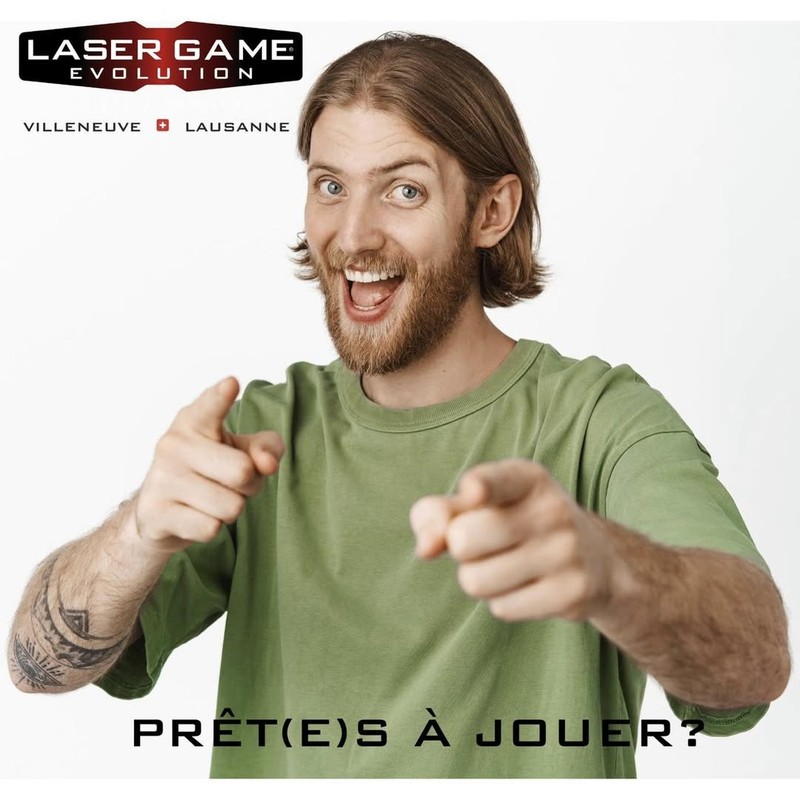
Prêt à jouer 🔫😎
Laser Game time ! -campus students architecture library
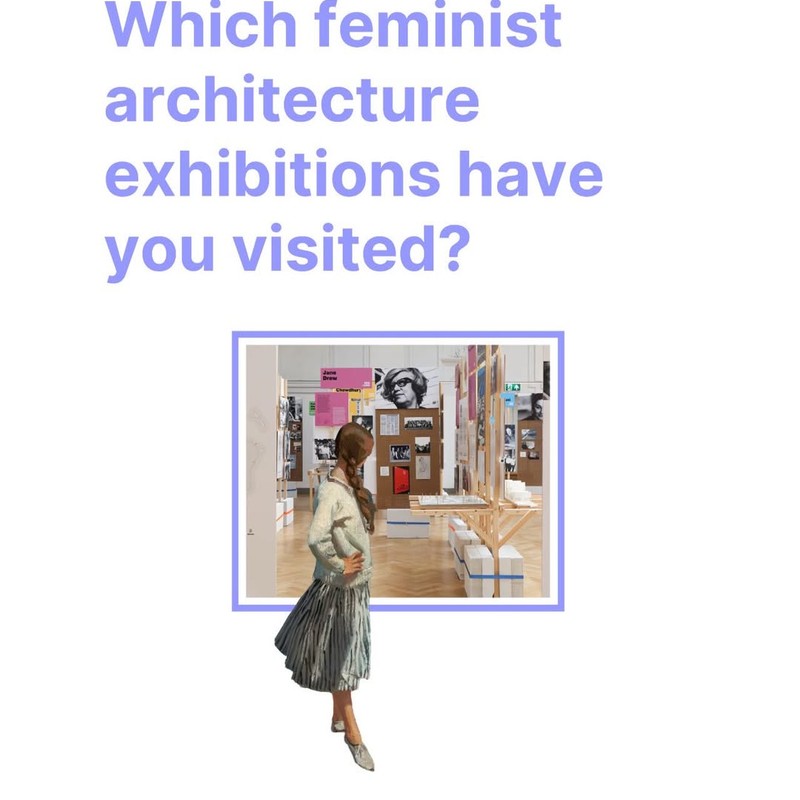
🖼️ 4 Feminist architecture exhibitions I wish I had seen…
Big Plans. 10 Women Urbanists Shape the Modern World
Van Eesteren Museum, Amsterdam, Netherlands | 10 Oct – 24 Nov 2024
Curated by Curatorial Research Collective @curatrescoll
Die gestaltende Frau
Kaufhaus Wertheim, Berlin, Germany | 18 Oct – 5 Nov 1930
The first art exhibition of the German Women Citizens’ Association, showcasing women’s creative work across art, crafts, architecture, and graphic design.
Special Mention: Poster-design: Lotte Laserstein
Curated by Deutscher Staatsbürgerinnenverband e.V.
Histoires croisées
EPFL, Lausanne, Switzerland | 24 Sep – 28 Nov 2025
Gae Aulenti, Ada Louise Huxtable & Phyllis Lambert shaping postwar architecture
Curated by Léa-Catherine Szacka & Catherine Bédard
Women in American Architecture: A Historic and Contemporary Perspective
Brooklyn Museum, NY, USA | 1976–1977
Highlighting women architects previously hidden or ignored, from domestic design to Women’s Buildings.
Curated by Susana Torre
If you’re here for the gorgeously painted girl from the cover Page its “At the Edge of a Cliff” by Laura Knight 1917 - private collection
Which feminist architecture exhibitions have you visited?
Or which ones would you have loved to see? 👀
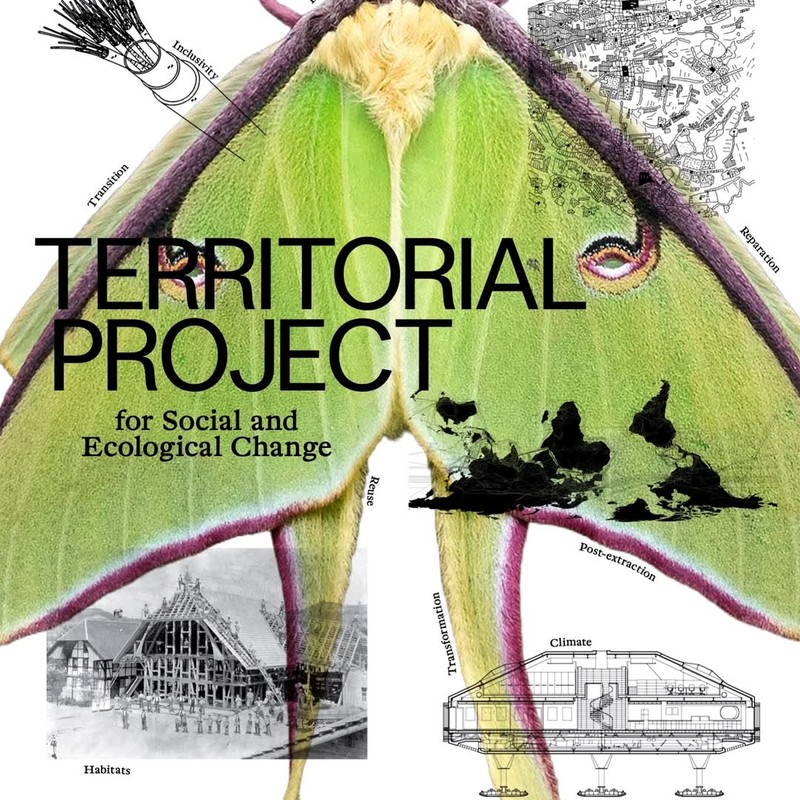
🎓 EDUCATION PROGRAM RECOMMENDATION:
Master of Advanced Studies in Urban and Territorial Design (MAS UTD)
by ETH Zürich & EPFL
🌍 A one-year, full-time postgraduate programme for those who want to engage seriously with the territorial project as a driver of social and ecological change.
Can urban design respond to climate, ecology, and governance at once?
This joint MAS moves beyond conventional urban design. It treats territory as an active agent, and design as a tool for synthesis across research, practice, ecology, and governance.
✨ What makes it stand out
— Joint degree by two of Europe’s leading schools
— Strong design + research studio focus
— Deep engagement with climate, post-extraction, planetary urbanisation, and social justice
— Swiss and international case studies with in situ workshops
— Taught fully in English
👤 Who it’s for
Graduates and young professionals in architecture, urban planning, landscape architecture, engineering, and related fields who want to connect critical theory, spatial practice, and real territories.
📌 Application deadline: March 31, 2026.
Full programme details via All Things Urban: https://allthingsurban.net/education/509
@architecture.of.territory @habitat_epfl @epflarchitecture @epflenac @lab_u_epfl @ethzarchitecture @ethzurich
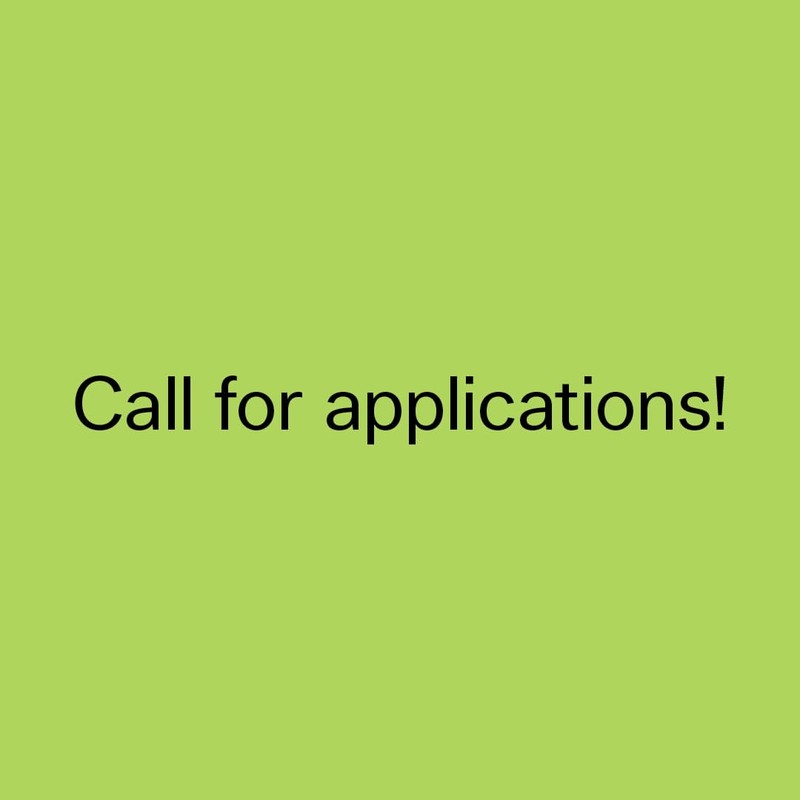
MAS UTD ETHZ EPFL – Launch Call for Applications 2026-2027]
The MAS UTD Call for Applications is now open for 2026-2027!
The Master of Advanced Studies in Urban and Territorial Design (MAS UTD) is accepting new applications from January 1-March 31 for the 2026-2027 academic year. The joint MAS programme bridges the ETH Zurich and EPFL Universities, and is part of the Institute of Landscape and Urban Studies (LUS) at the ETH Zurich D-ARCH and the Habitat Research Center (HRC) at the EPFL ENAC. Participants of this one-year, full-time postgraduate programme receive a 60 ECTS joint degree, the “MAS ETH EPFL UTD”.
The future of the urban engages social and environmental imaginaries, which now extend beyond-the-city and beyond-the-human. Rather than an object, the territory becomes a subject in dialogue with other subjects, and space becomes an agent of socioecological change. The urban and territorial project is understood as a possibility to explore common epistemic horizons and new biopolitical paradigms. The MAS programme embraces such a transition as a field of critical and imaginative investigation based on the principles of social and environmental equity and justice. Engaging with notions of transformation, reuse, regeneration, reparation, and transition of habitats and ecologies, the MAS deploys the urban and territorial project as the crucial field of knowledge production across scales.
For further information concerning the programme, tuition fees, and how to apply, please check the link in our bio or contact us:
Info-masutd@ethz.ch
@riot_epfl @charlottemalterrebarthes @habitat_epfl @epflarchitecture @epflenac @lab_u_epfl @ethzarchitecture @ethzurich @architecture.of.territory
***
GRAPHIC DESIGN
Goda Budvytytè
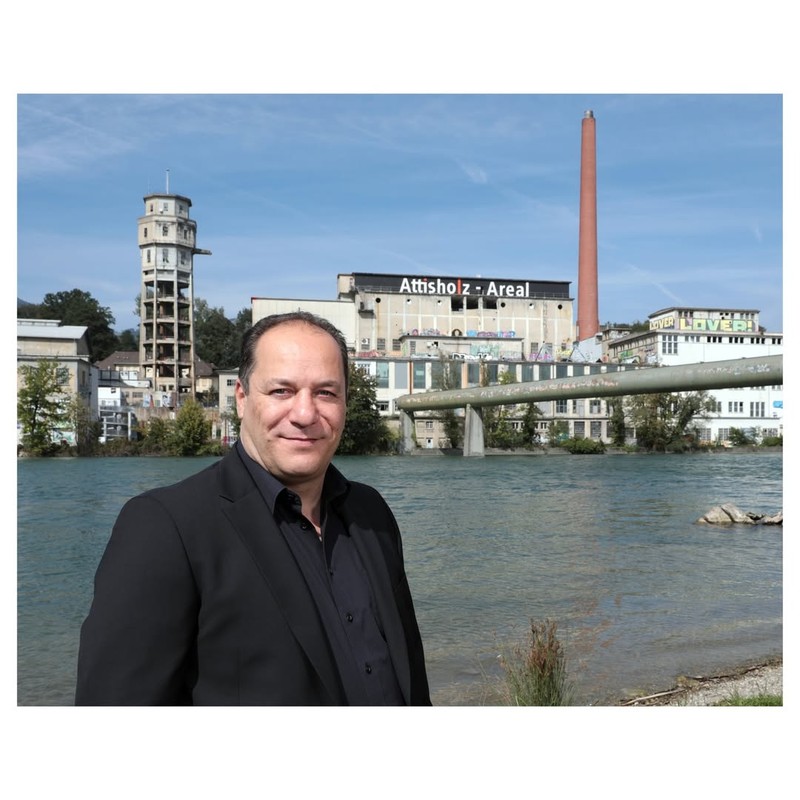
Faire évoluer les pratiques architecturales
Architecte et professeur associé, Emmanuel Rey a fondé le Laboratoire d’architecture et technologies durables (LAST) il y a 15 ans. Pionnier de l’intégration
des questions environnementales et climatiques dans la culture du bâti à l’EPFL, il crée inlassablement des synergies entre enseignement, recherche et pratique.
@last_epfl @EPFL @epflenac @epflarchitecture
@bauart.ch
💡 https://actu.epfl.ch/news/faire-evoluer-les-pratiques-architecturales/
architecture
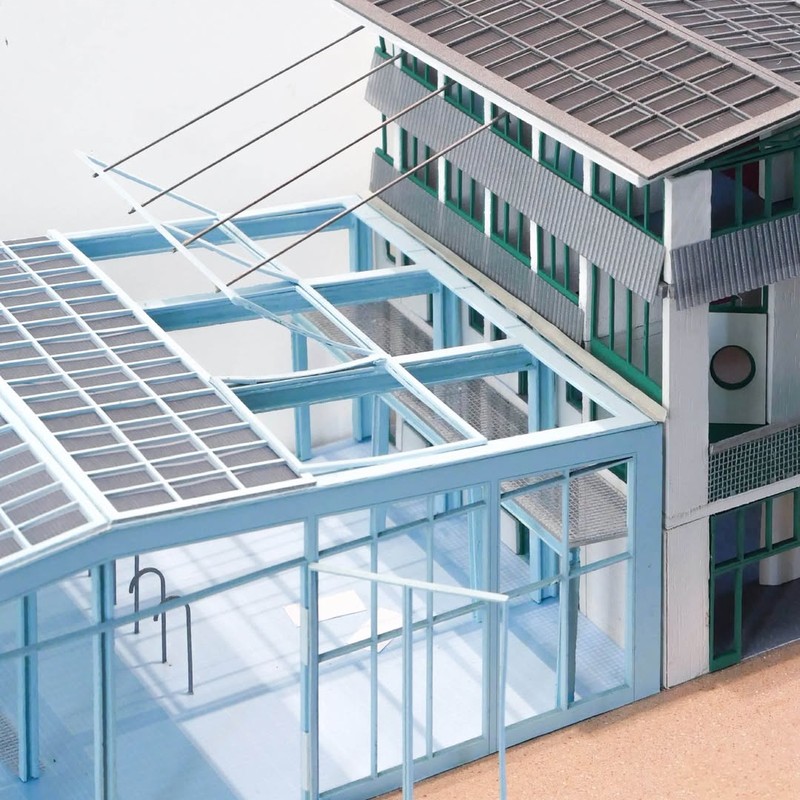
Congratulations to all the winners of the 2025 EPFL Architecture Master Prizes!
Your projects demonstrate an extraordinary breadth of ideas, positions, and impulses, from industrial transformations and inclusive urban strategies to ecological futures and intimate architectural narratives.
We are immensely proud of the creativity and commitment you have brought to your work. Each project reflects the diversity and ambition of a new generation of architects, and it is inspiring to see these visions take form.
Swipe to discover the award-winning projects and the great minds behind them! 🌟🏆
More images on Living Archives!
Image 1
Marie Bourdon and Juliette Lafrasse
De cinq à six. Du hangar commercial à la maison collective
SIA Swiss Award (Mention)
Image 2
Léa Guillotin
Fabriquer Sévelin: l’image de l’industrie en centre-ville
SIA Swiss Award (Mention)
Image 3
Remo Panarese
"Fimmine, Fimmine" - Transformation de l’ancienne manufacture de tabac à Cardigliano en centre de réinsersion pour femmes
SIA Vaud Award
Image 4
Célia Feole
Mind the Gap – Inhabiting Lausanne’s Residual Spaces
SIA Vaud Award
Image 5
Isabel-Marie Grohe and Hanna Lindenberg
PASS THIS ON - Protocols and Fictions for Ruins of Coal Extraction in Germany
SIA Vaud Award
Fondation Arditi Award
FAS Award (Fédération Suisse des Architectes, Romandie et Genève)
Image 6
Gautier Pierrat
De la route au câble : vers un futur sans voiture à La Tzoumaz ?
Ville d’Ecublens Award
Image 7
Hanna Hausel
Peeing in Public, Planning and Norming the Network of Inclusive, Safe and Clean Public Toilets in Lausanne
Hackahealth Award
Image 8
Felix Balling
In Defence of the Wrinkled, the Chapped and the Rough. Imagining Housing Futures beyond Erasure
WSP Construction et développement durable Award
@epflarchitecture @epflenac @epflcampus @epflstudents @siavaud @ville_ecublens @ramahackahealth @ws_pa
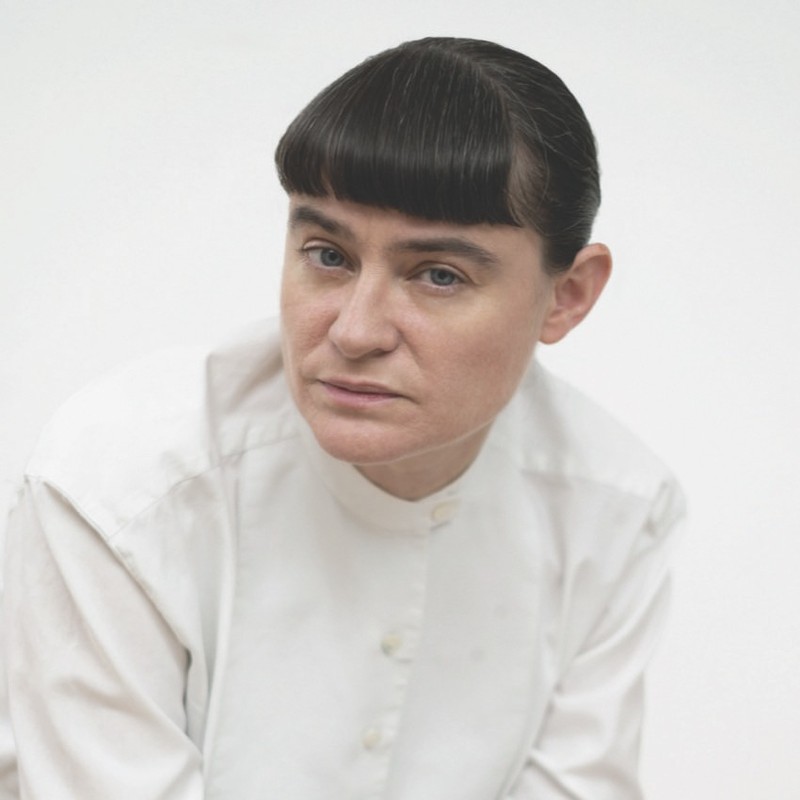
We are thrilled to announce that Prof. Charlotte Malterre-Barthes will assume the leadership of the MAS UTD at EPFL, effective September 2026, succeeding Prof. Paola Viganò.
Charlotte Malterre-Barthes is an architect, urban designer, and Assistant Professor at the Swiss Federal Institute of Technology—EPFL, where she leads the laboratory RIOT. Previously Assistant Professor at the Harvard Graduate School of Design, Malterre-Barthes conducts research on contemporary urbanization, material extraction, climate emergency, and ecological/social justice. She holds a Ph.D. from ETH Zurich on the political economy of commodities in the built environment and is the co-author of several prize-winning books.
This appointment marks a homecoming of sorts: Malterre-Barthes served as Director of the MAS Urban Design at ETH Zurich from 2019 to 2024, bringing extensive experience in leading advanced design programs. We look forward to the new directions she will get to the MAS UTD.
Images:
1. Scales of Extraction after Morphosis, 2022.
2. Zoom of scales of Extraction after Morphosis, 2022.
3. The Political Economy of Space book series, edited by C.Malterre-Barthes RIOT/EPFL, Hatje Cantz.
@riot_epfl @habitat_epfl @epflarchitecture @epflenac @lab_u_epfl @ethzarchitecture @ethzurich @architecture.of.territory
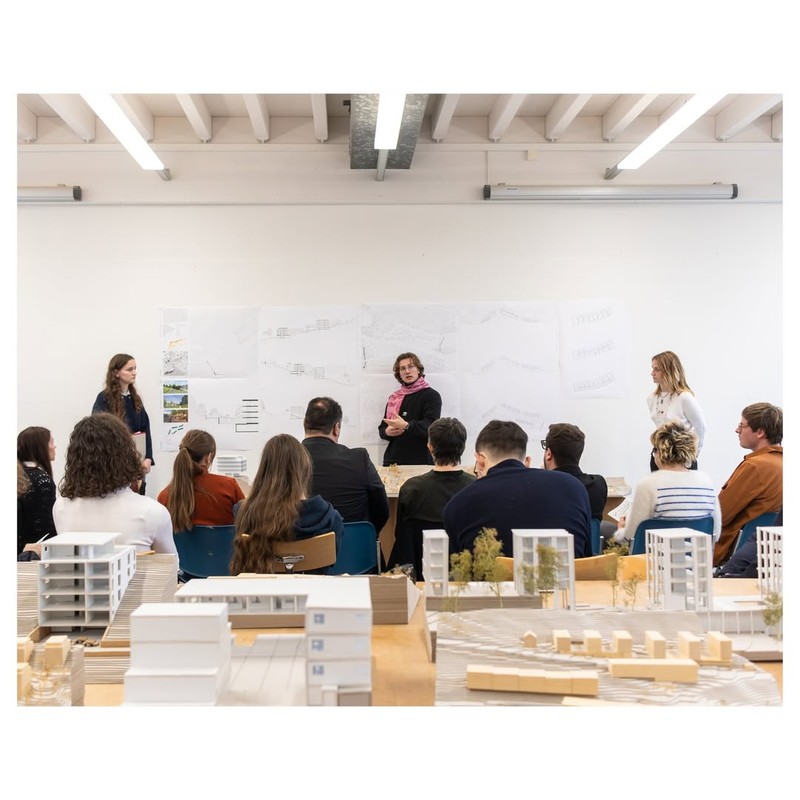
Critiques semestrielles de l'atelier RELIEFS URBAINS
Cette semaine ont eu lieu les critiques semestrielles des ateliers d’architecture à l’Ecole polytechnique fédérale de Lausanne. Pour l’atelier du Prof. Emmanuel Rey, ce fut l’occasion de discuter le travail en cours de plus d’une trentaine d’étudiantes et étudiants œuvrant à la conception d’un nouveau quartier situé sur le coteau de la ville de Saint-Gall. Les experts invités à cette occasion étaient Sara Formery, architecte à Lausanne, et Didier Collin, architecte à Genève.
@last_epfl @epflarchitecture @collinfontaine.architectes
_epfl
https://actu.epfl.ch/news/critiques-semestrielles-de-l-atelier-reliefs-urb-3
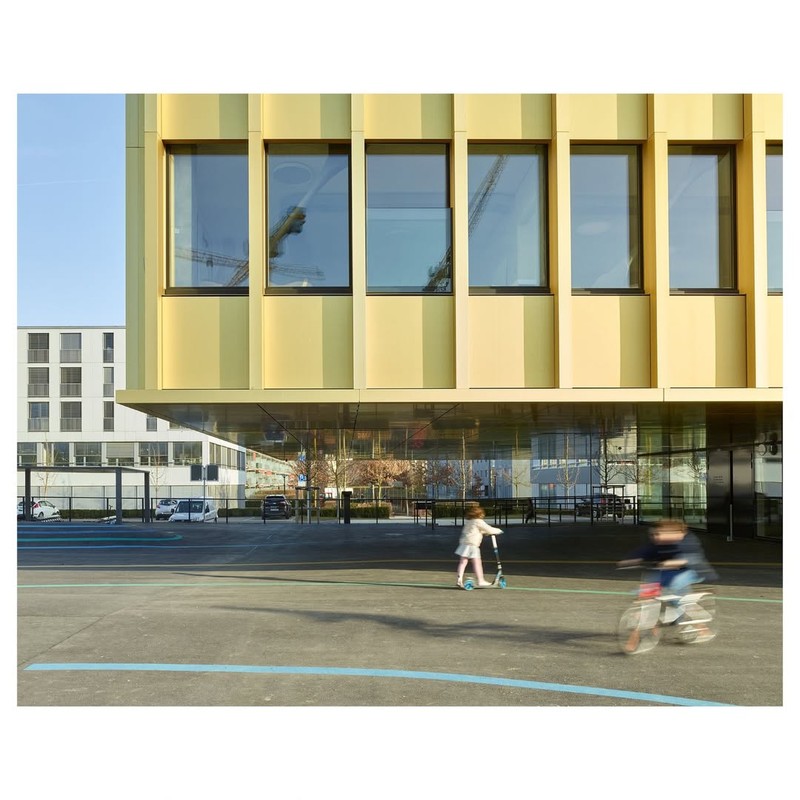
Visite du Collège du Cossy à Nyon
L’unité d’enseignement UPCYCLING, partie intégrante de l’axe « Design intégré, architecture et durabilité (IDEAS) », a effectué une visite architecturale du Collège du Cossy à Nyon. Cette excursion architecturale entre en résonance avec les enjeux abordés dans le cadre de cet enseignement dédié à la conception interdisciplinaire d’un équipement sportif temporaire.
https://actu.epfl.ch/news/visite-du-college-du-cossy-a-nyon-2/
@epflenac @epflarchitecture @last_epfl @sxl.epfl.ch @ittenbrechbuehl
architecture _epfl
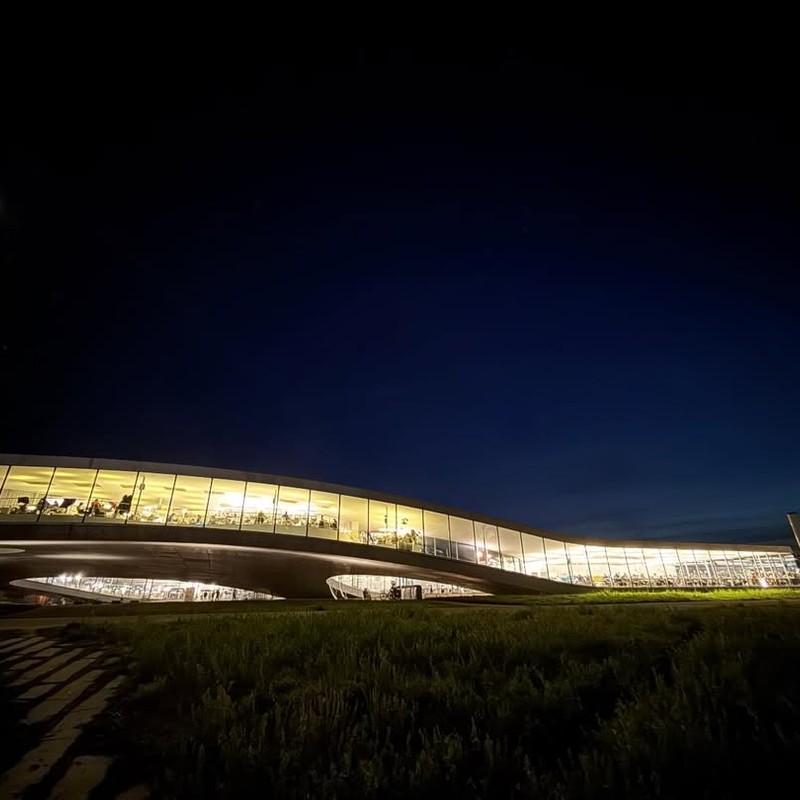
Rolex Learning Center under the moon.
Architectes : SANAA
architecture